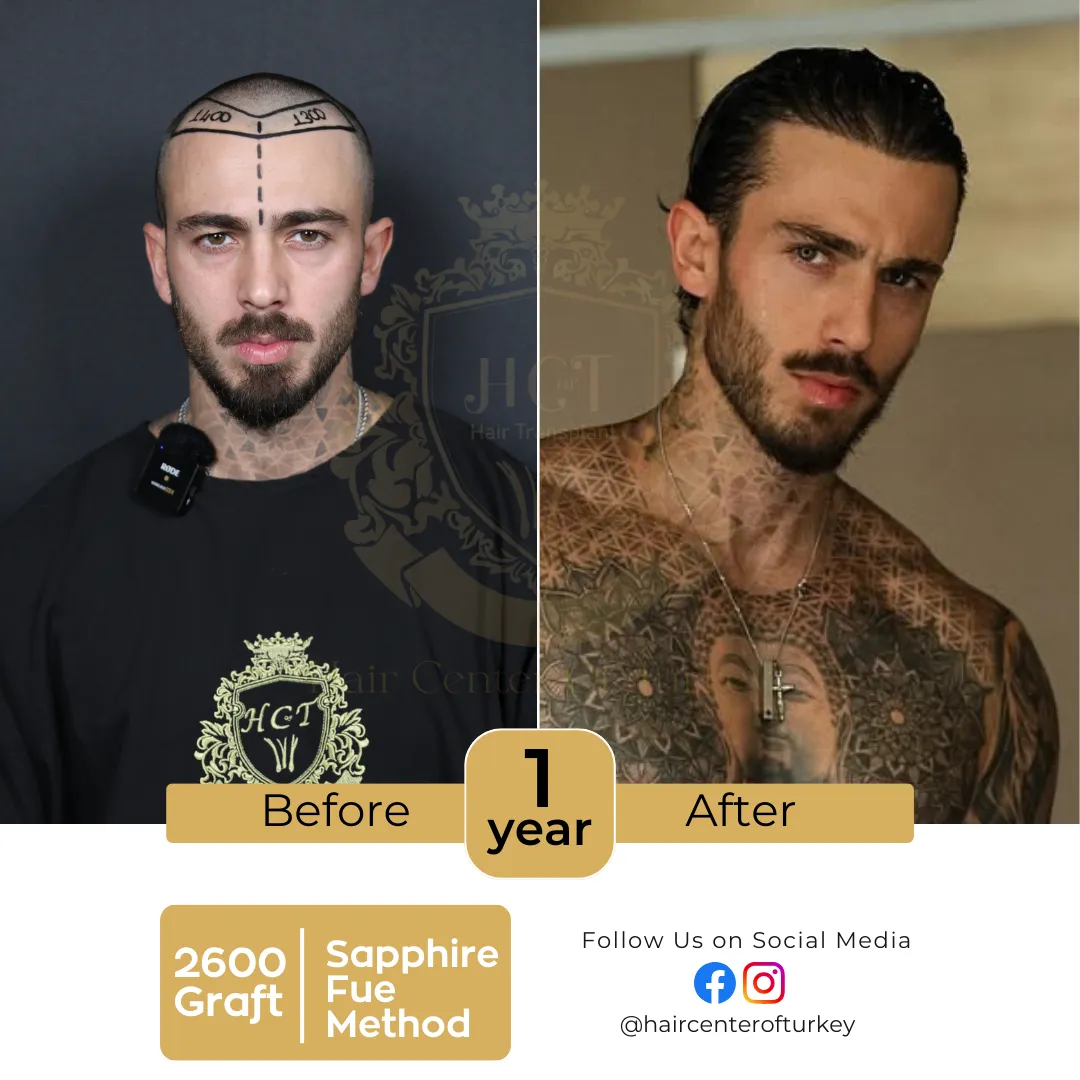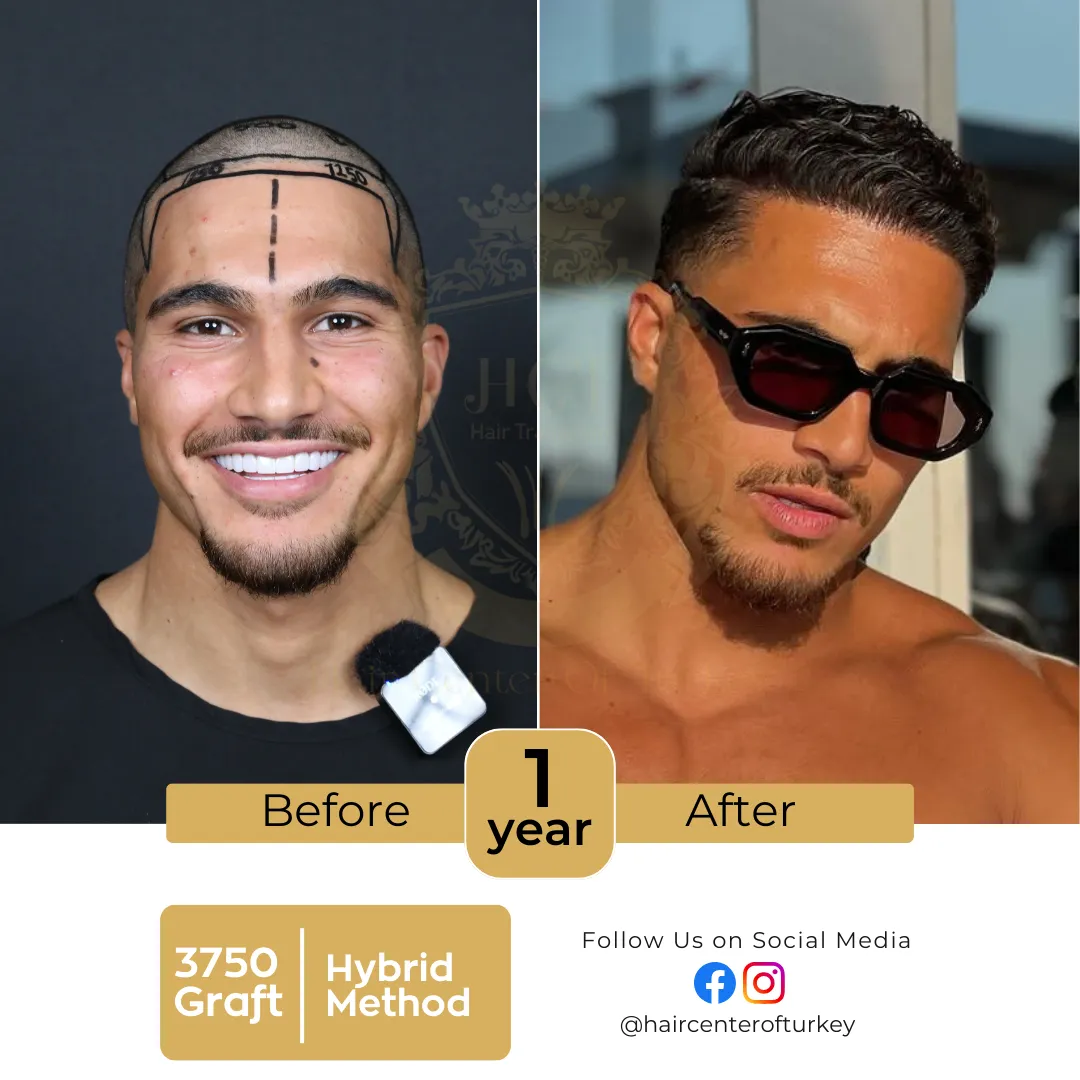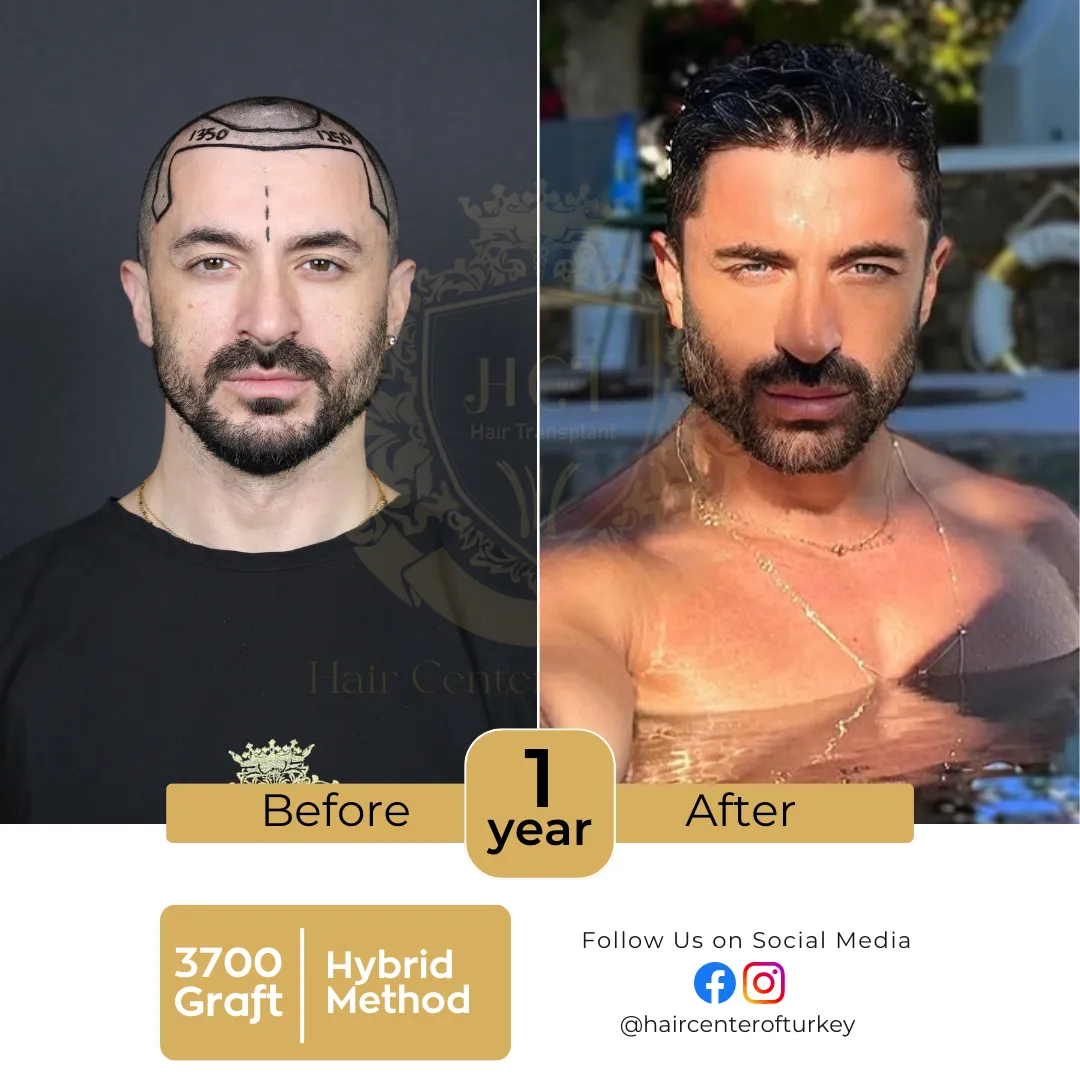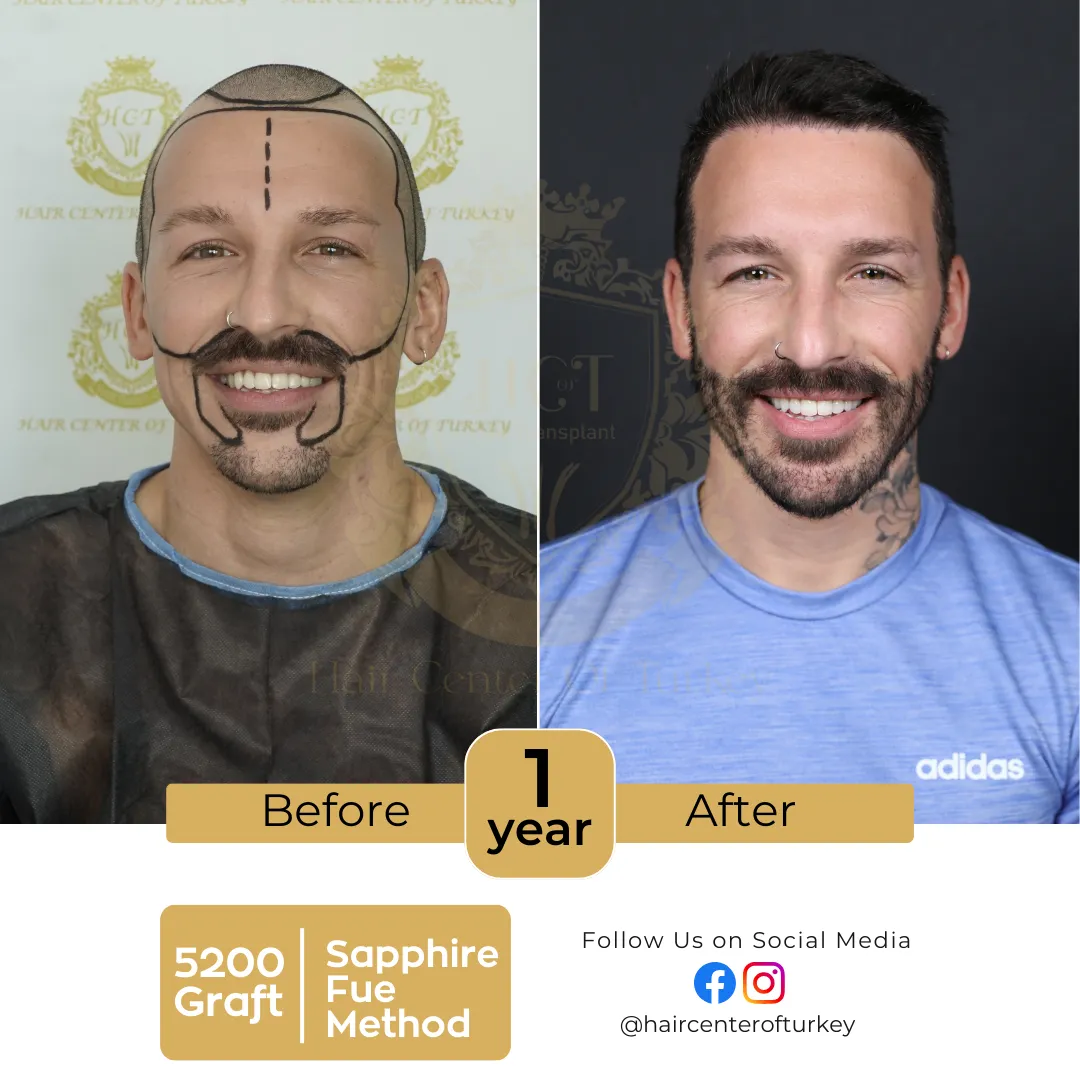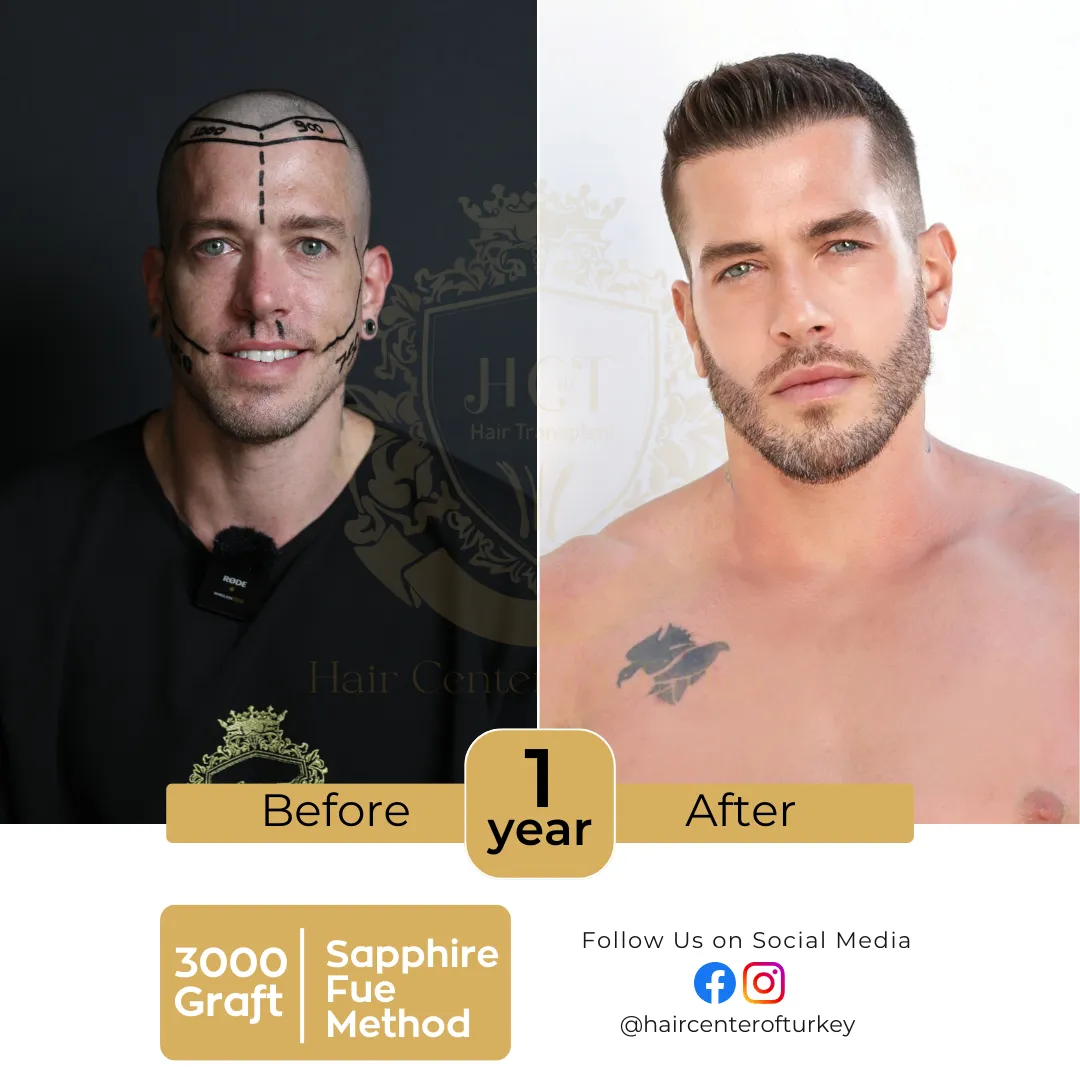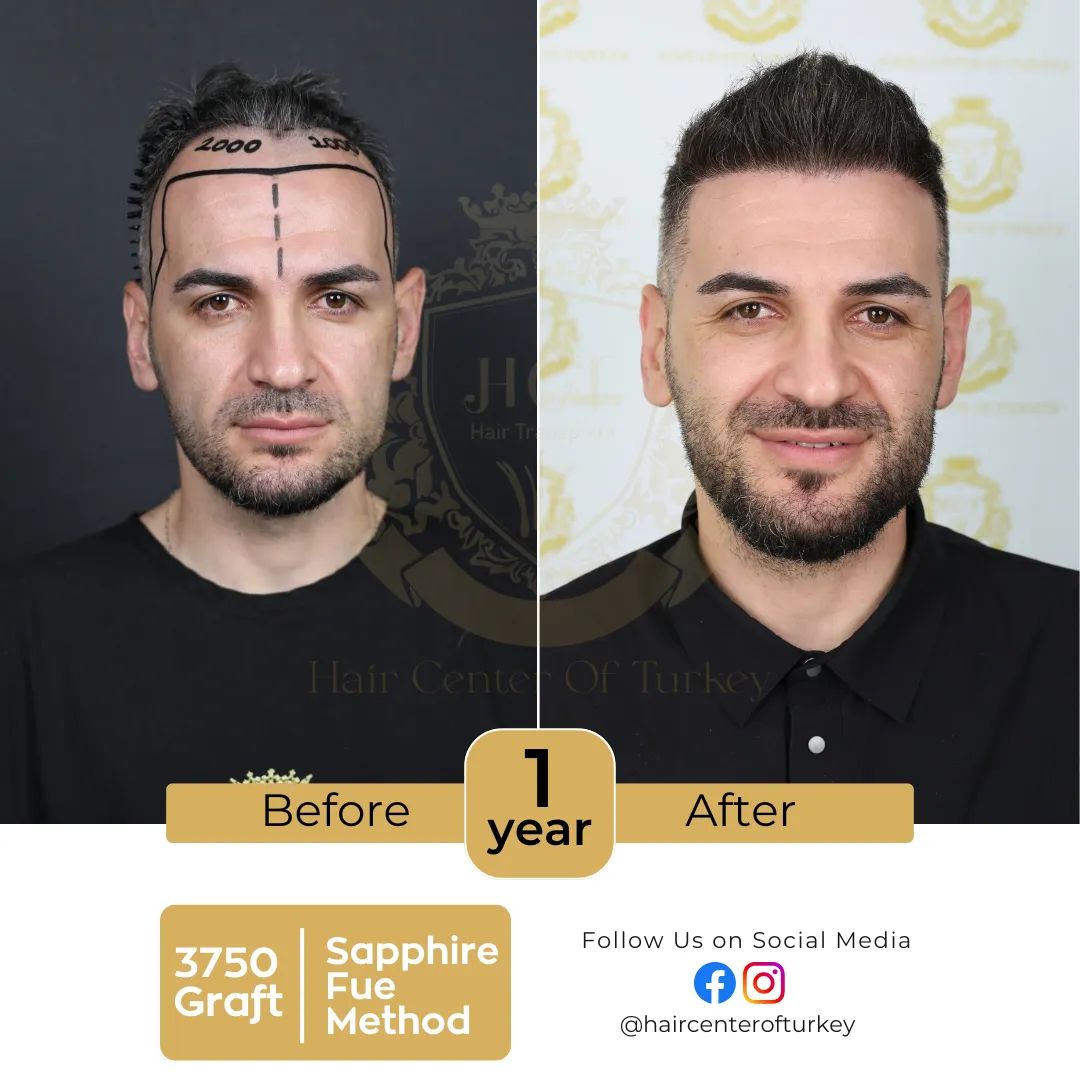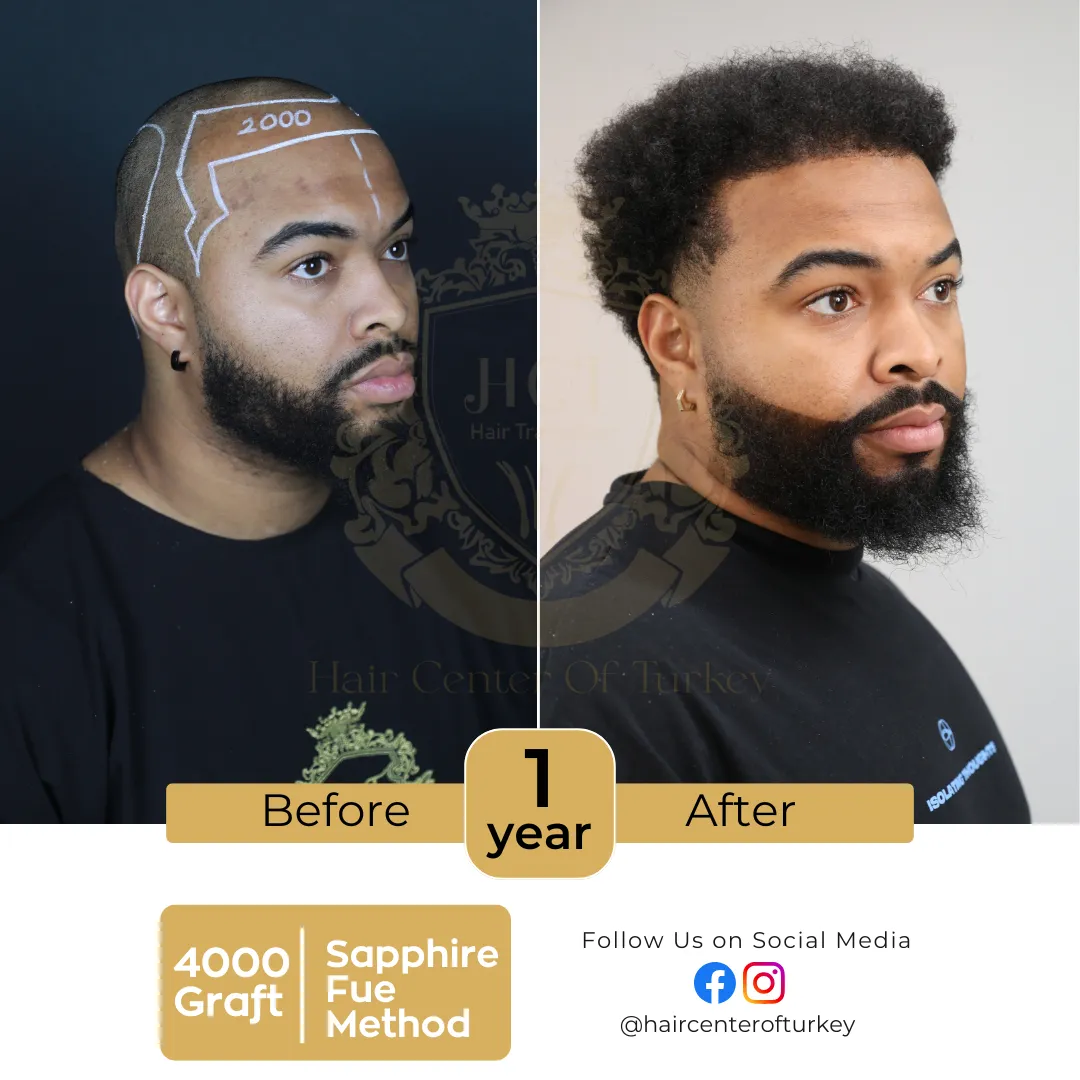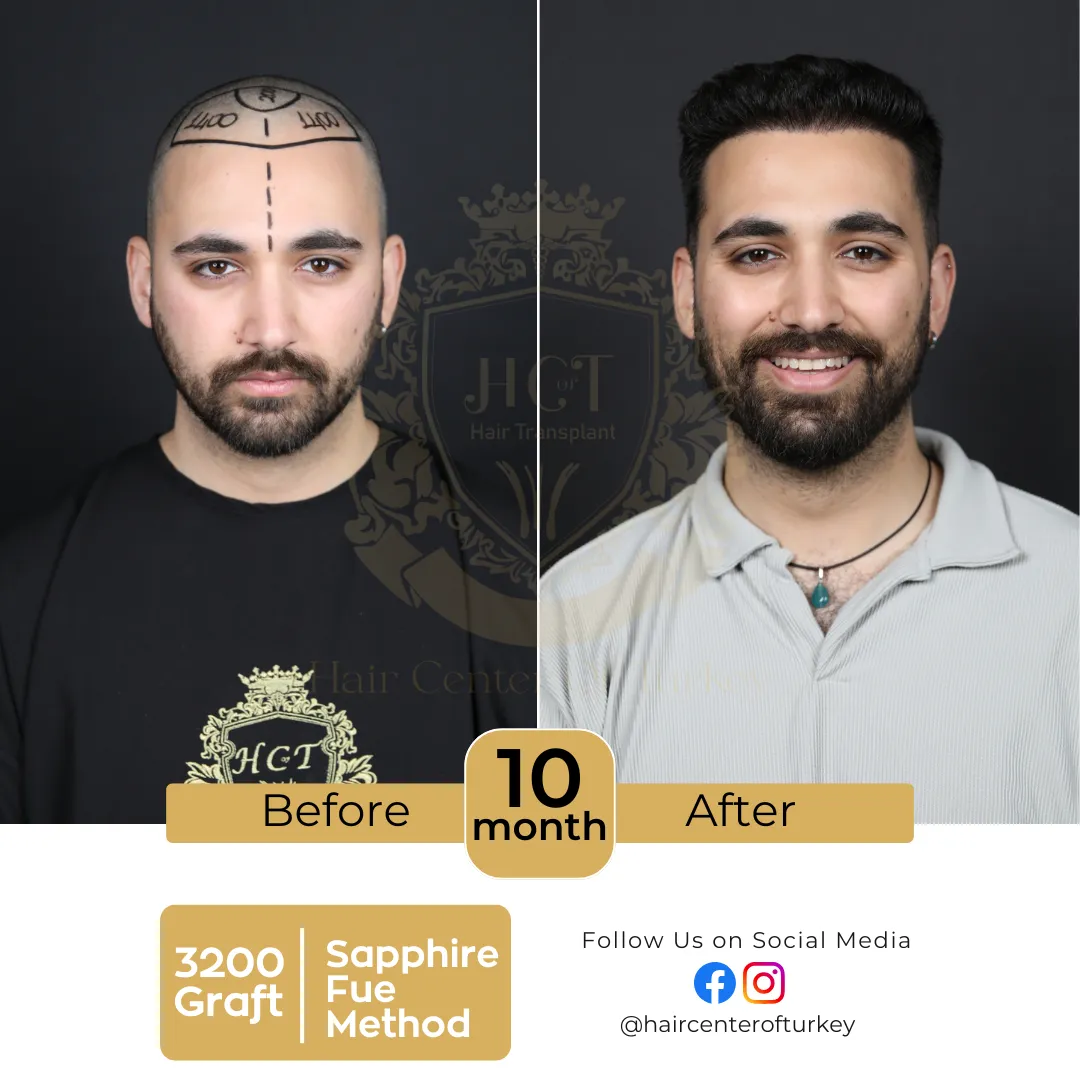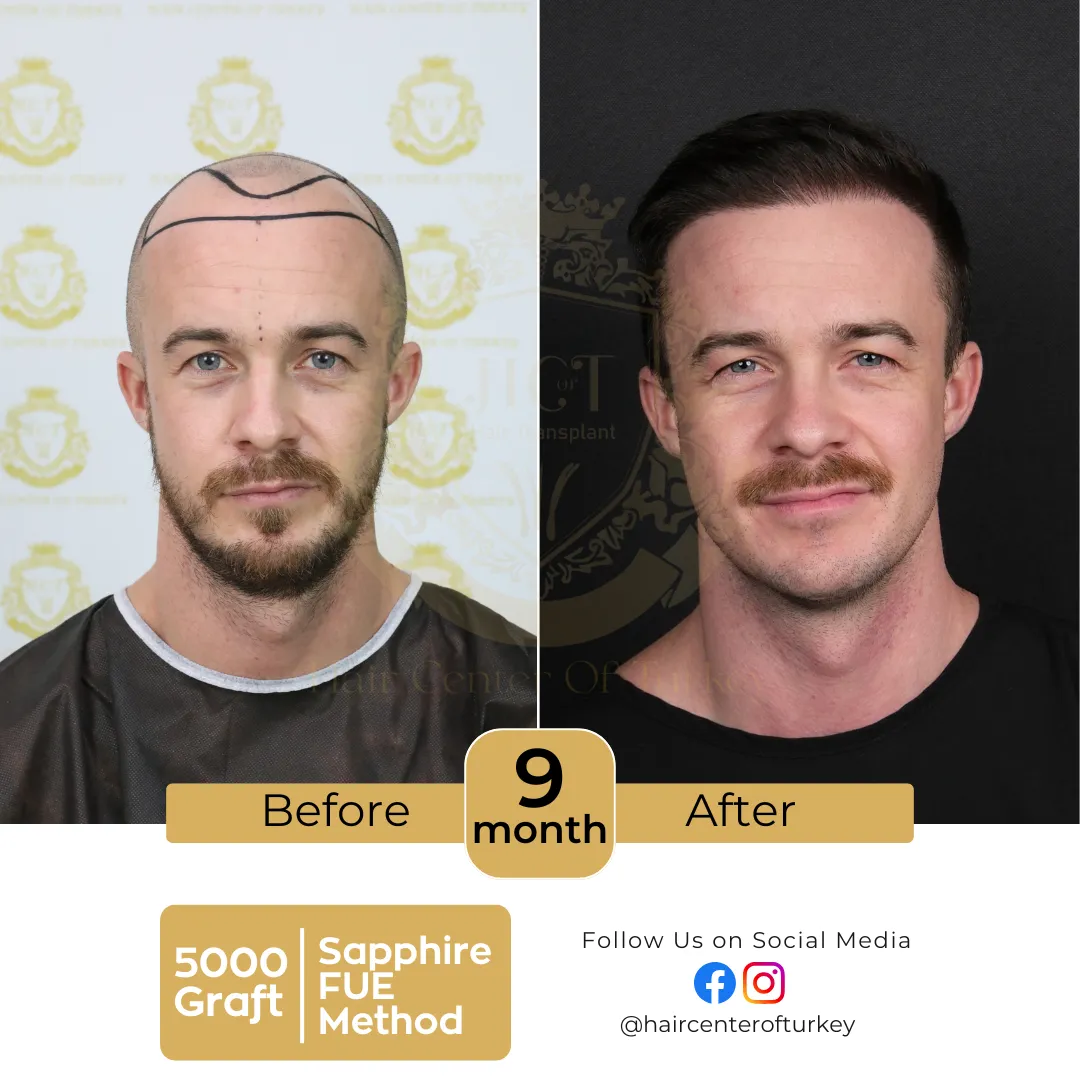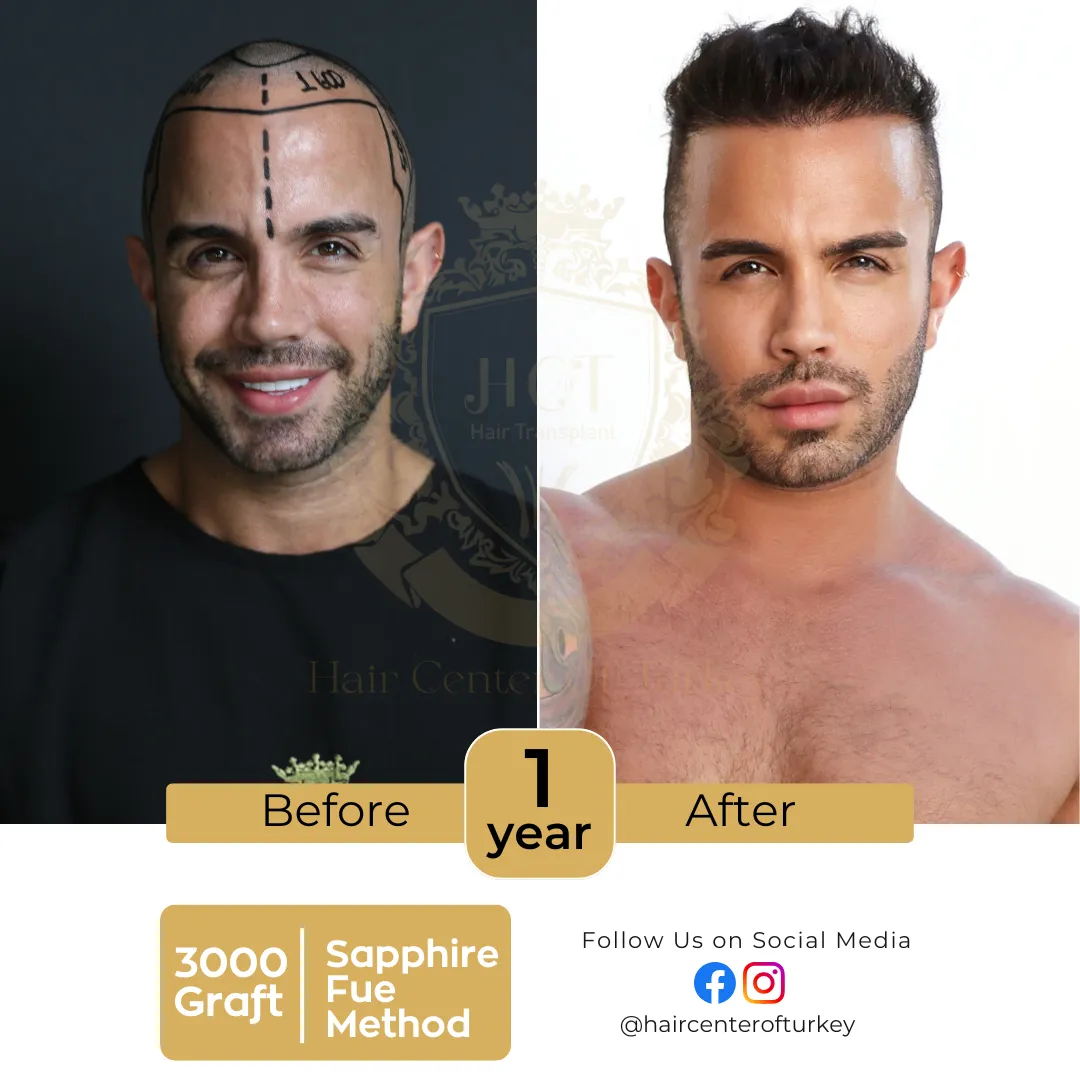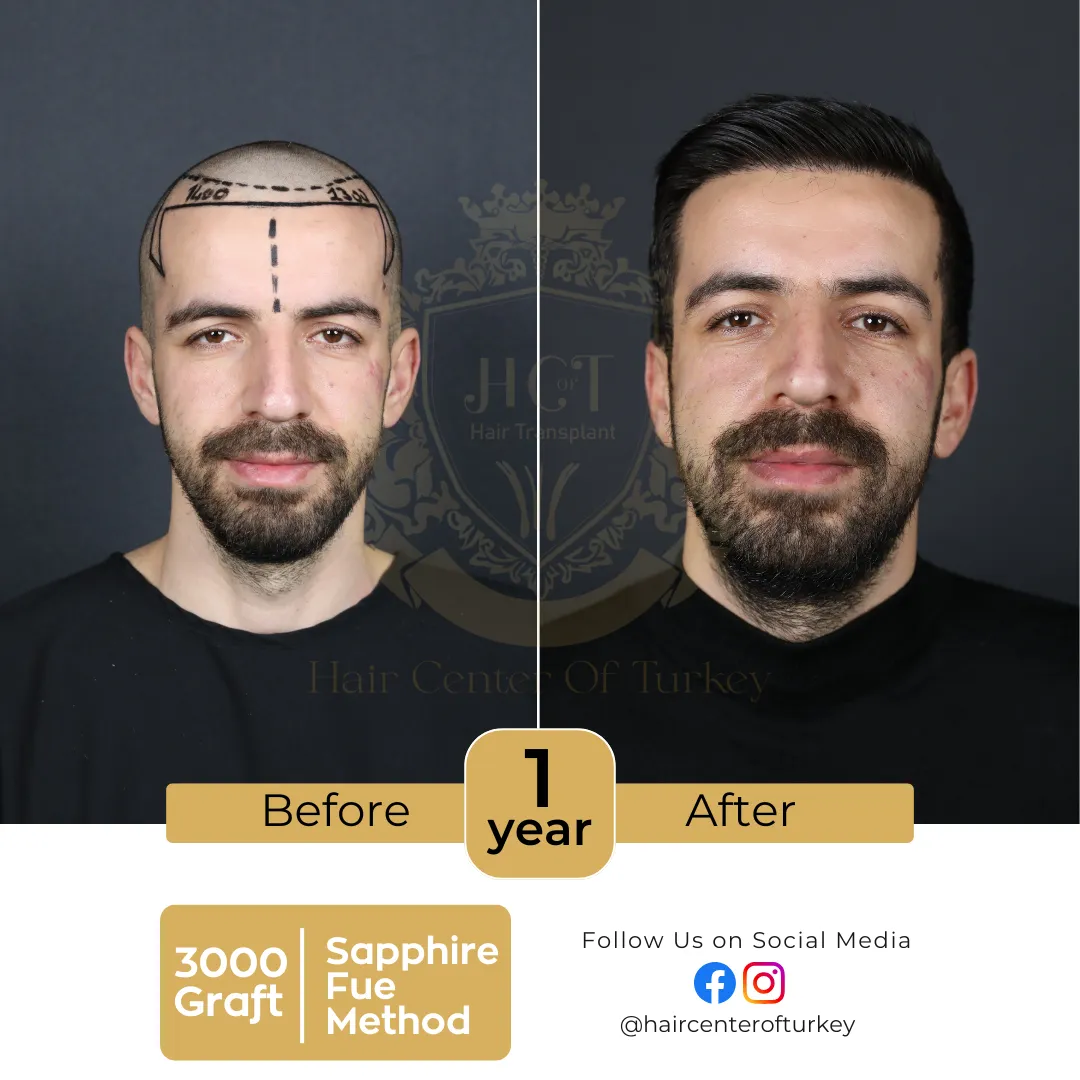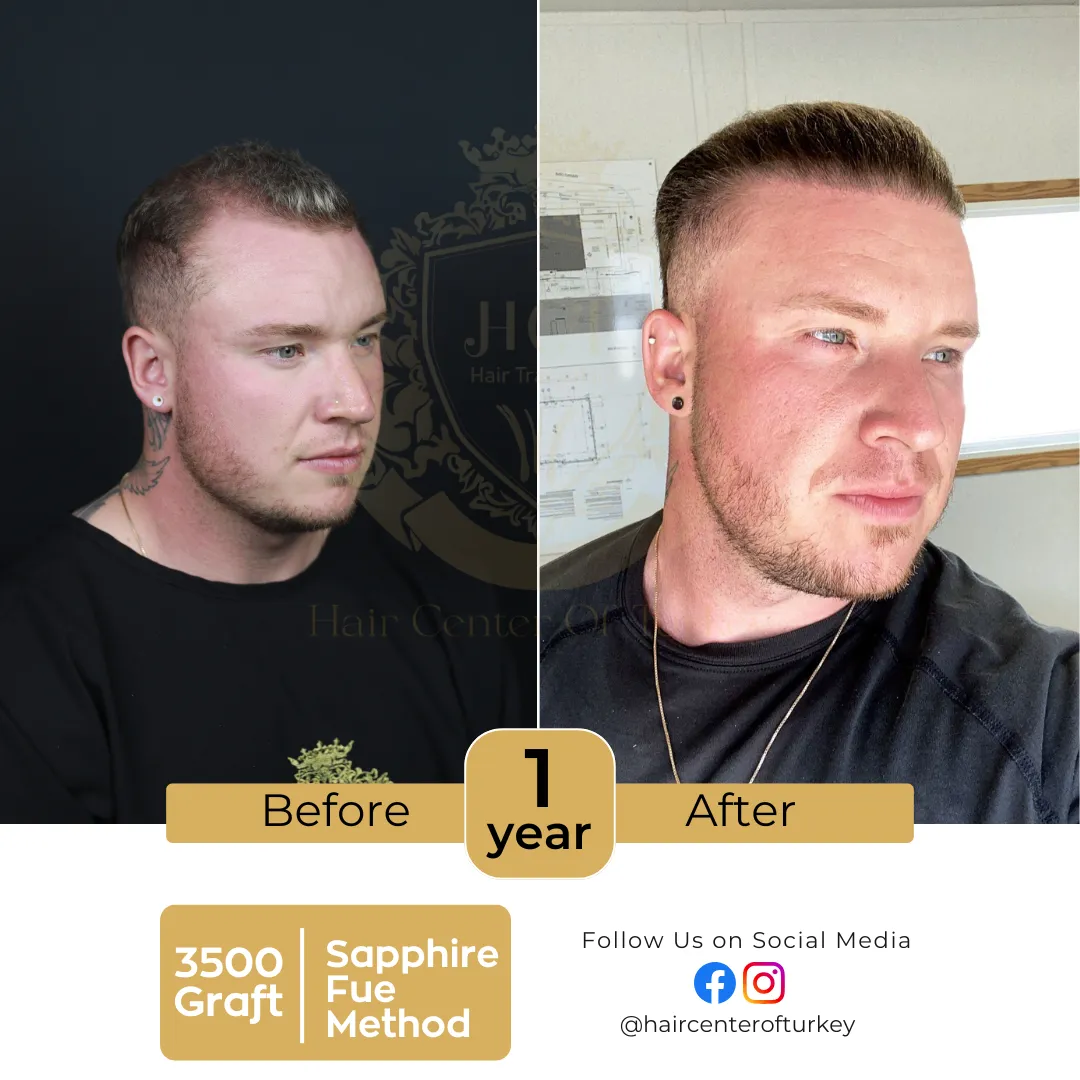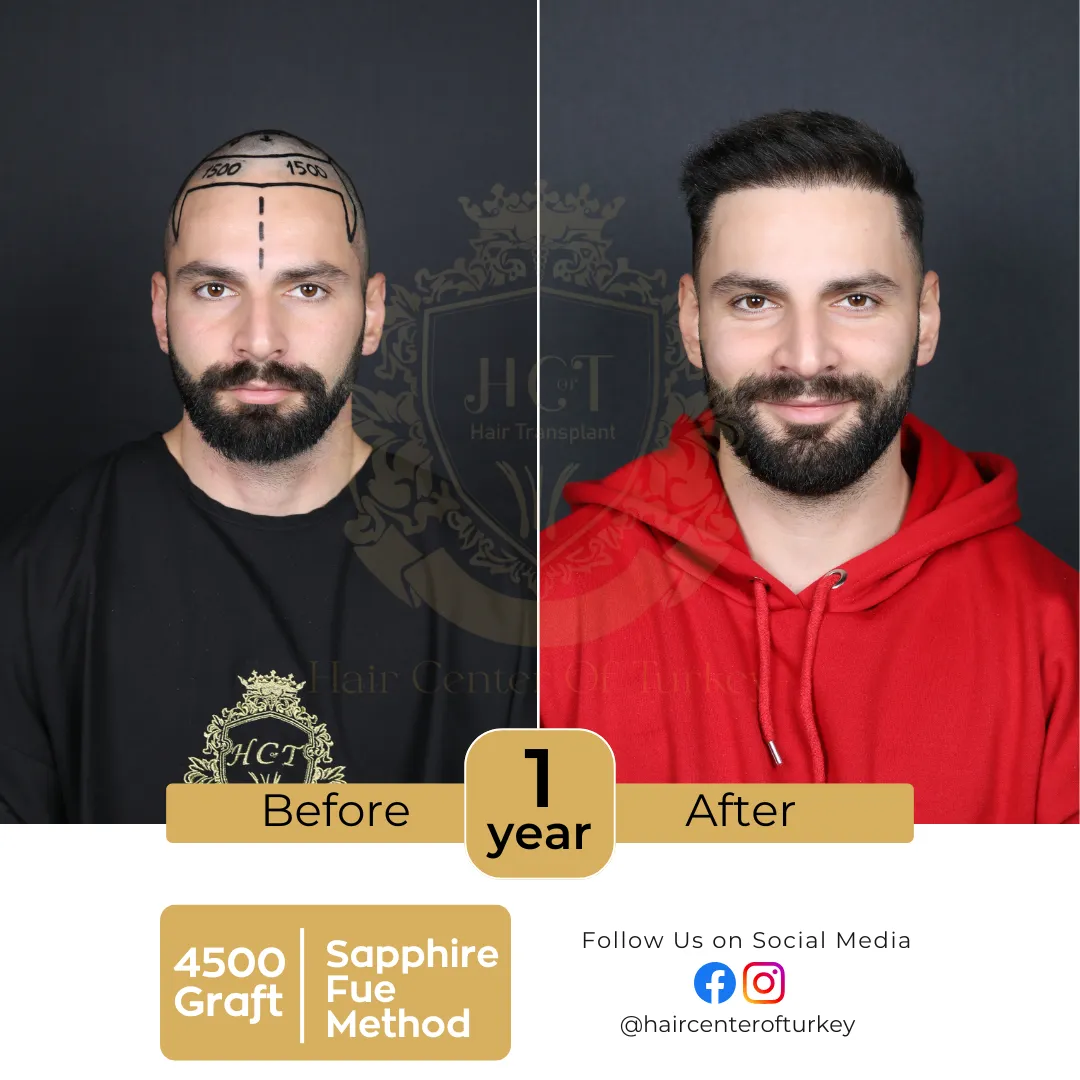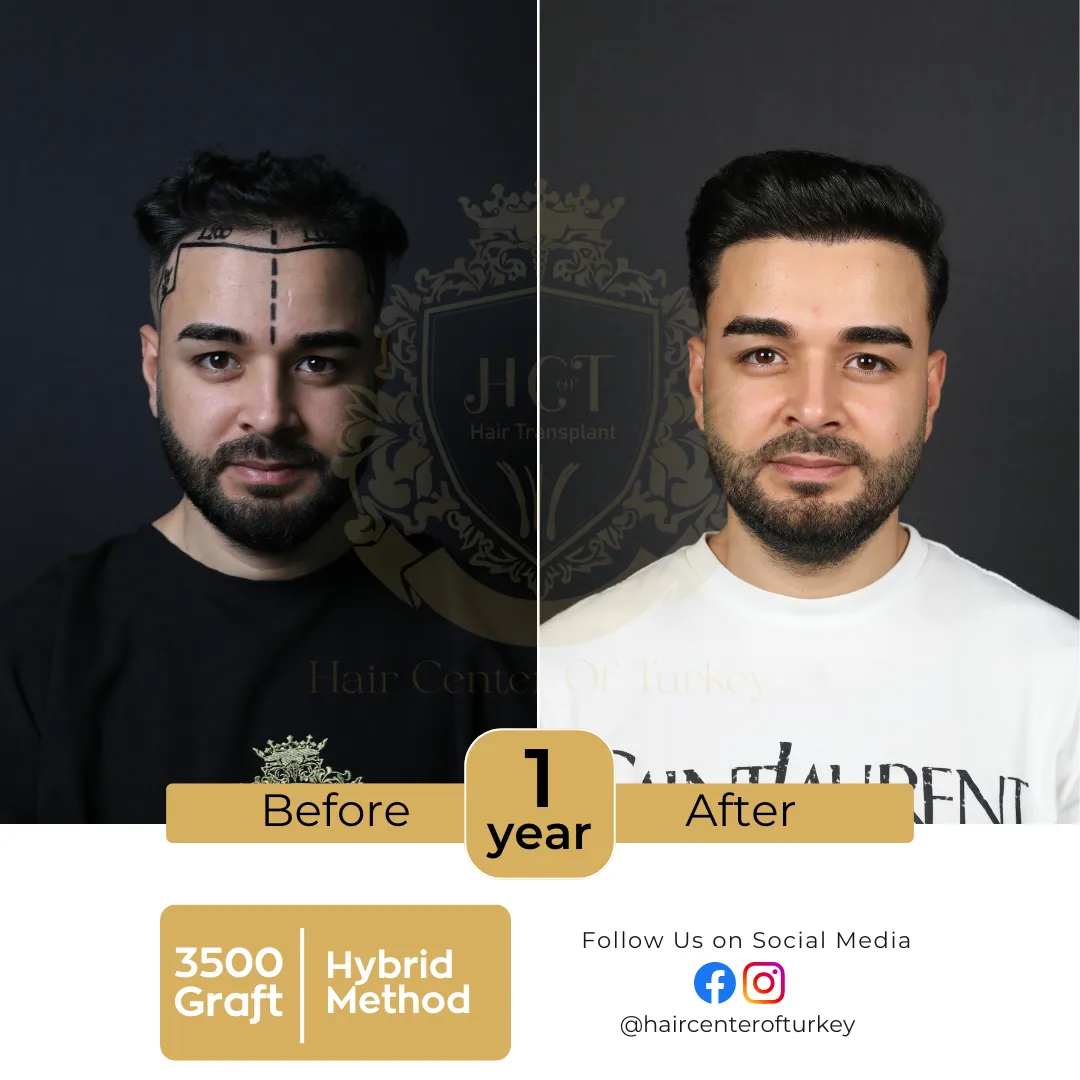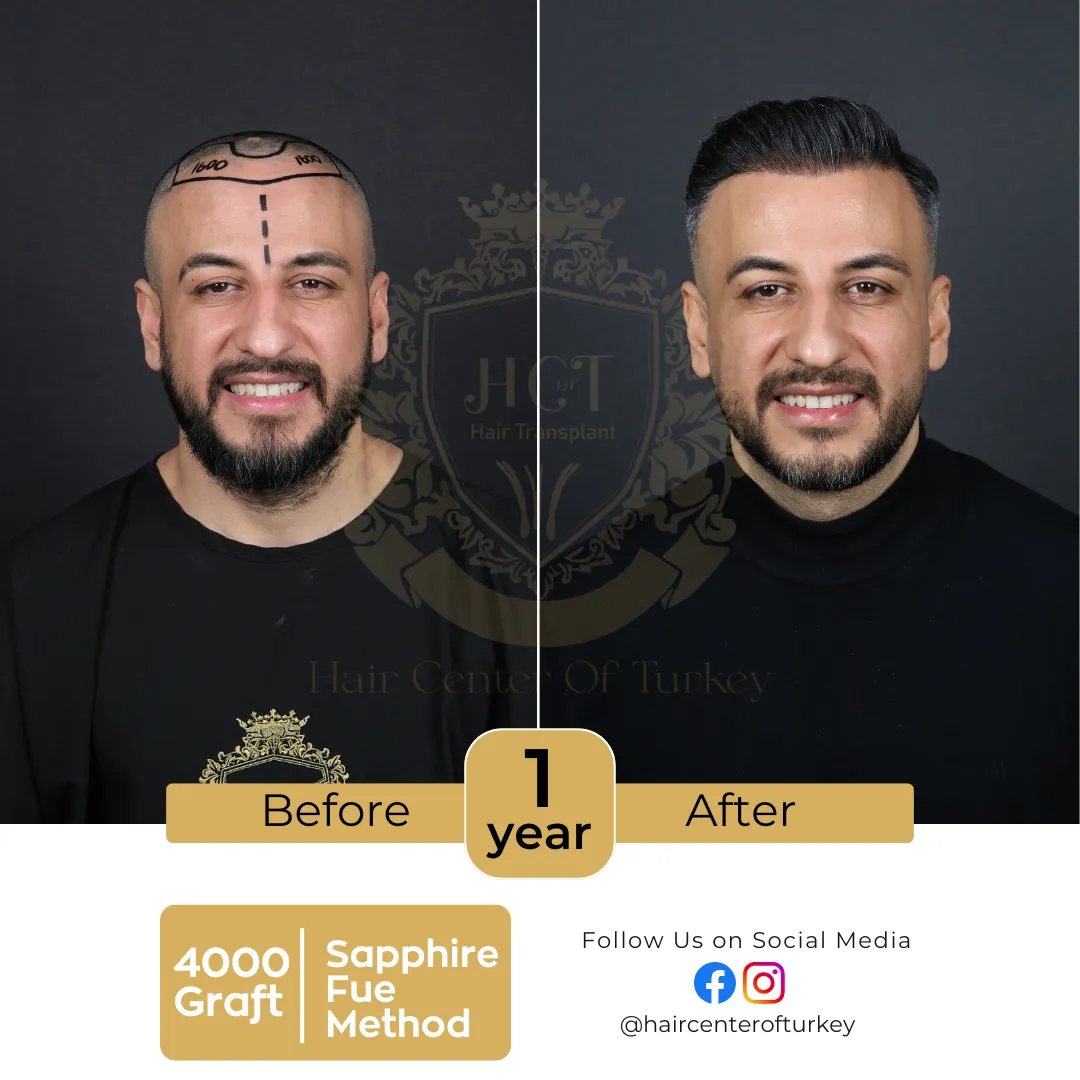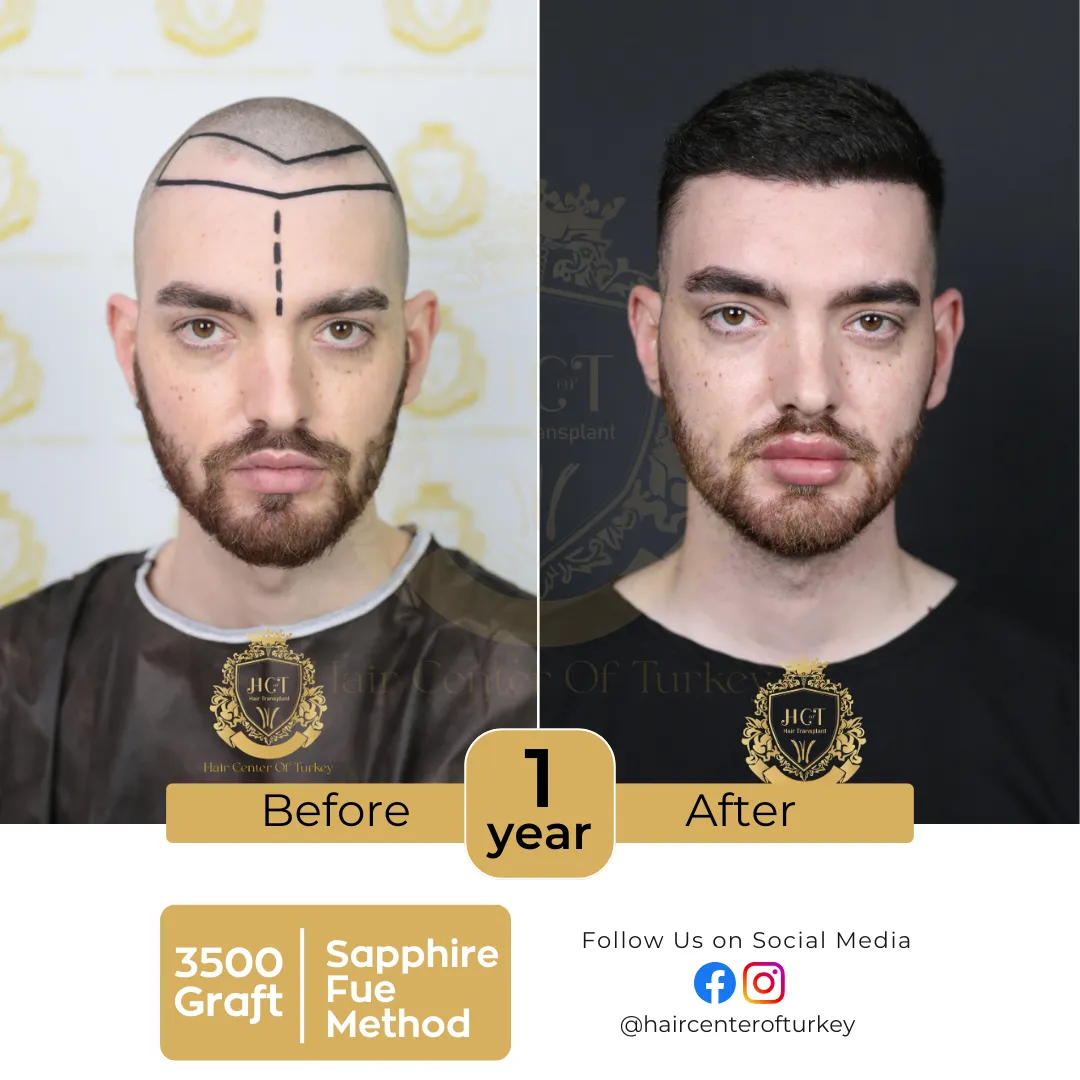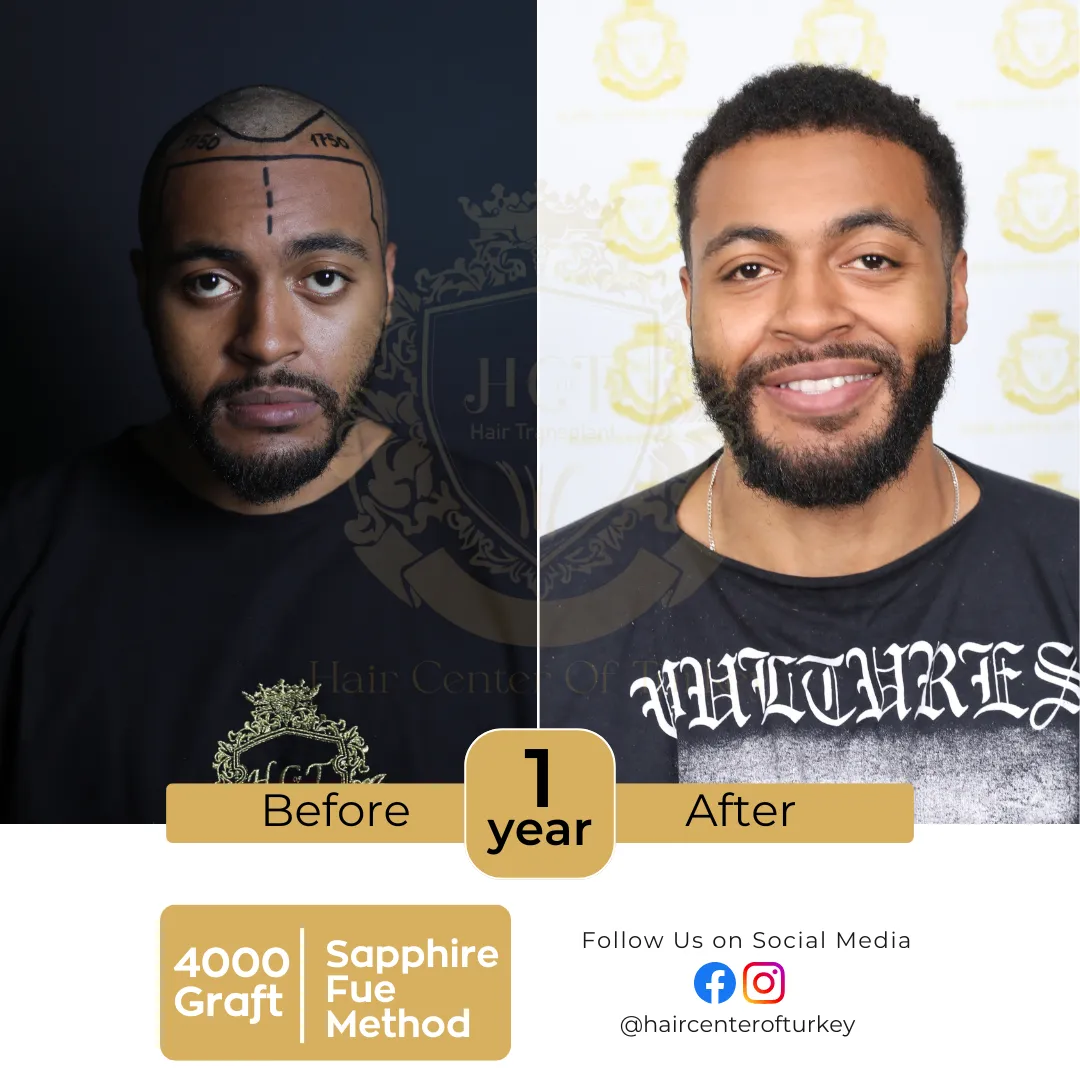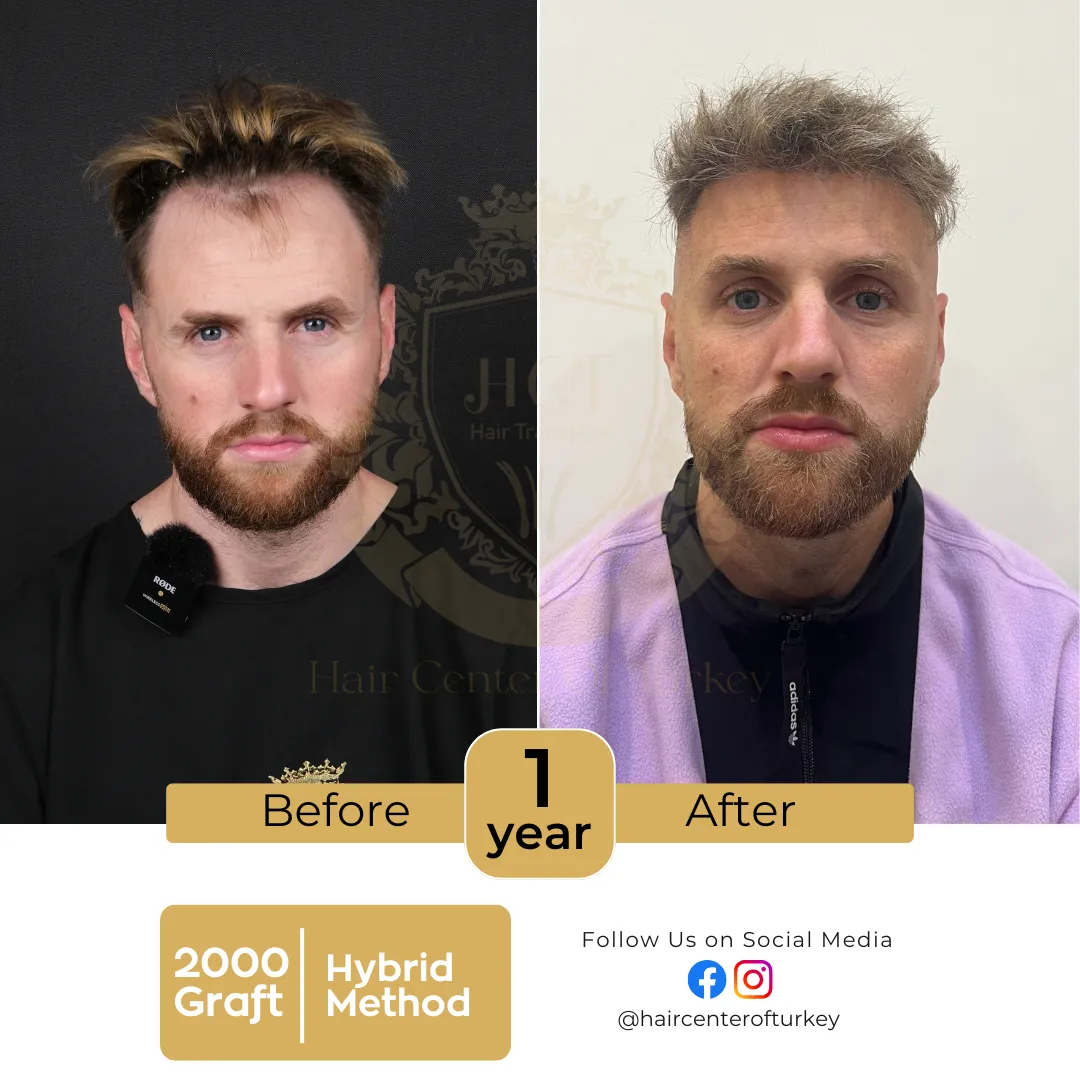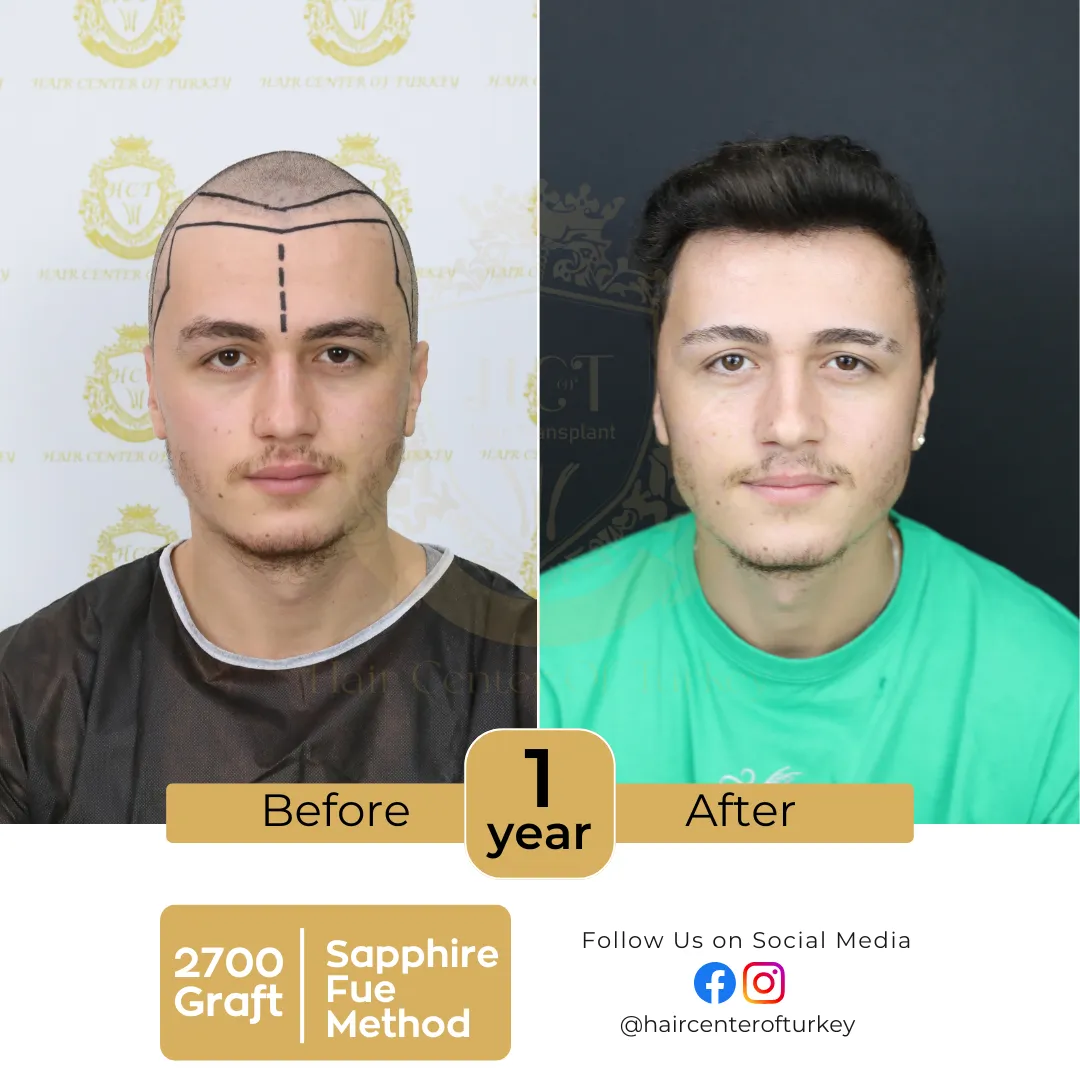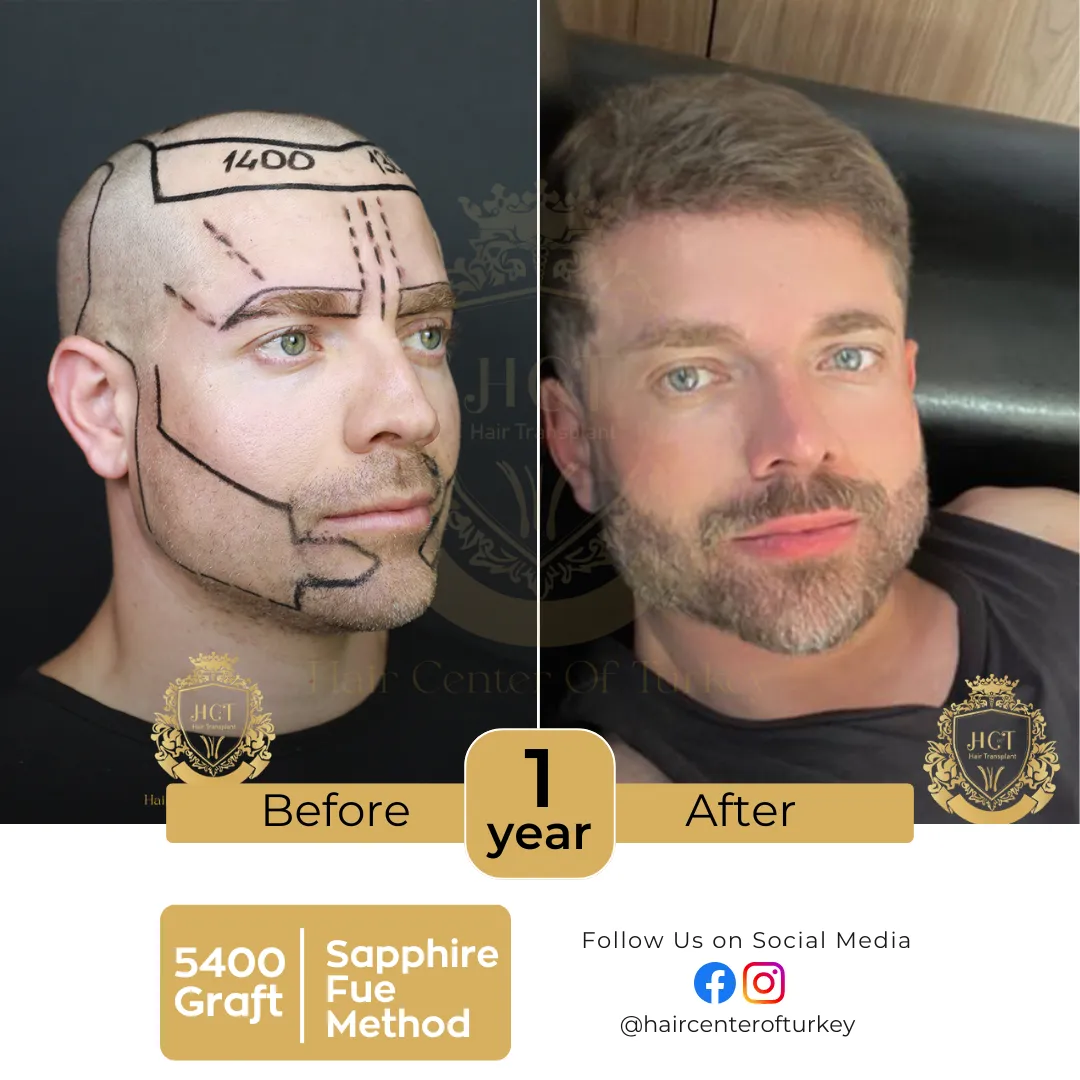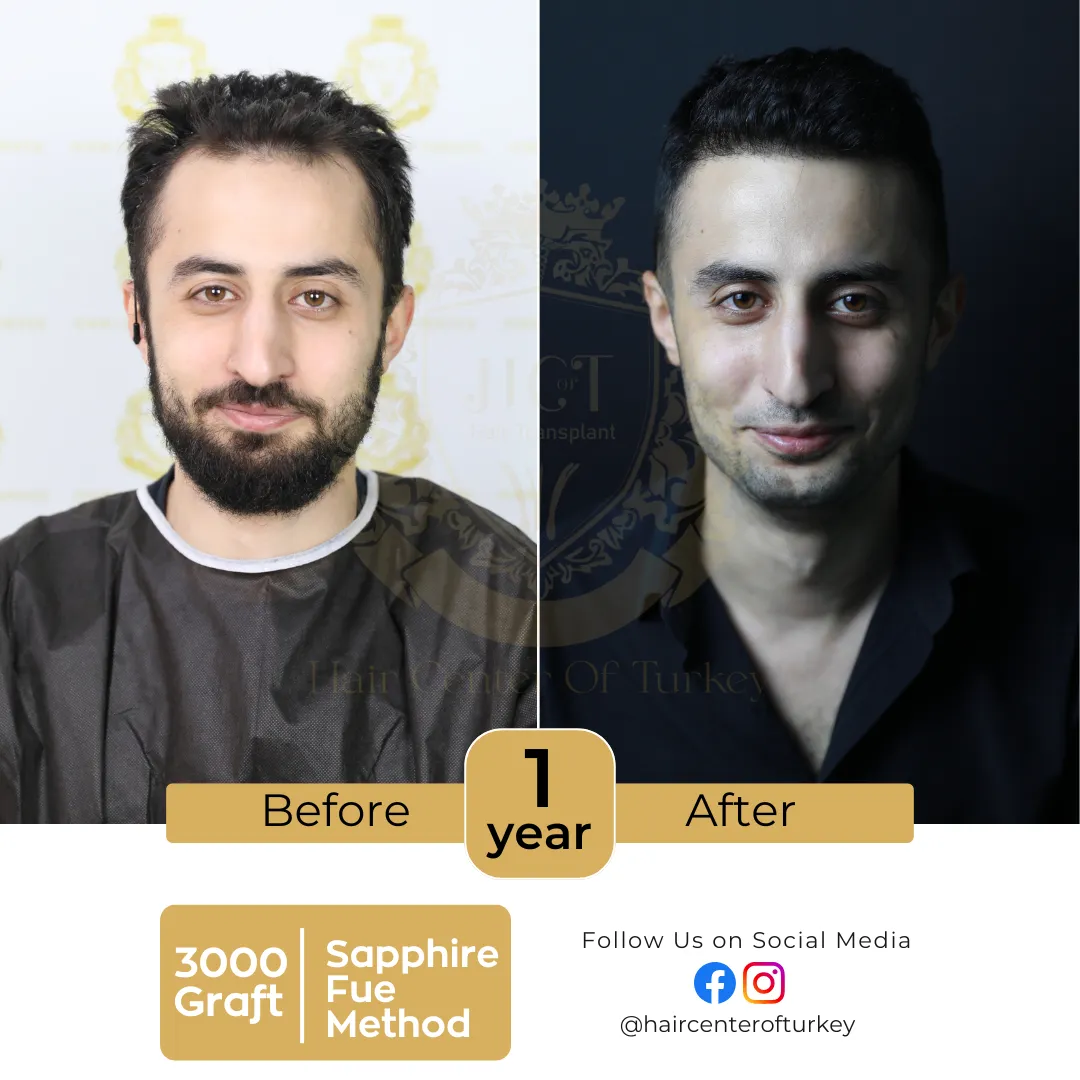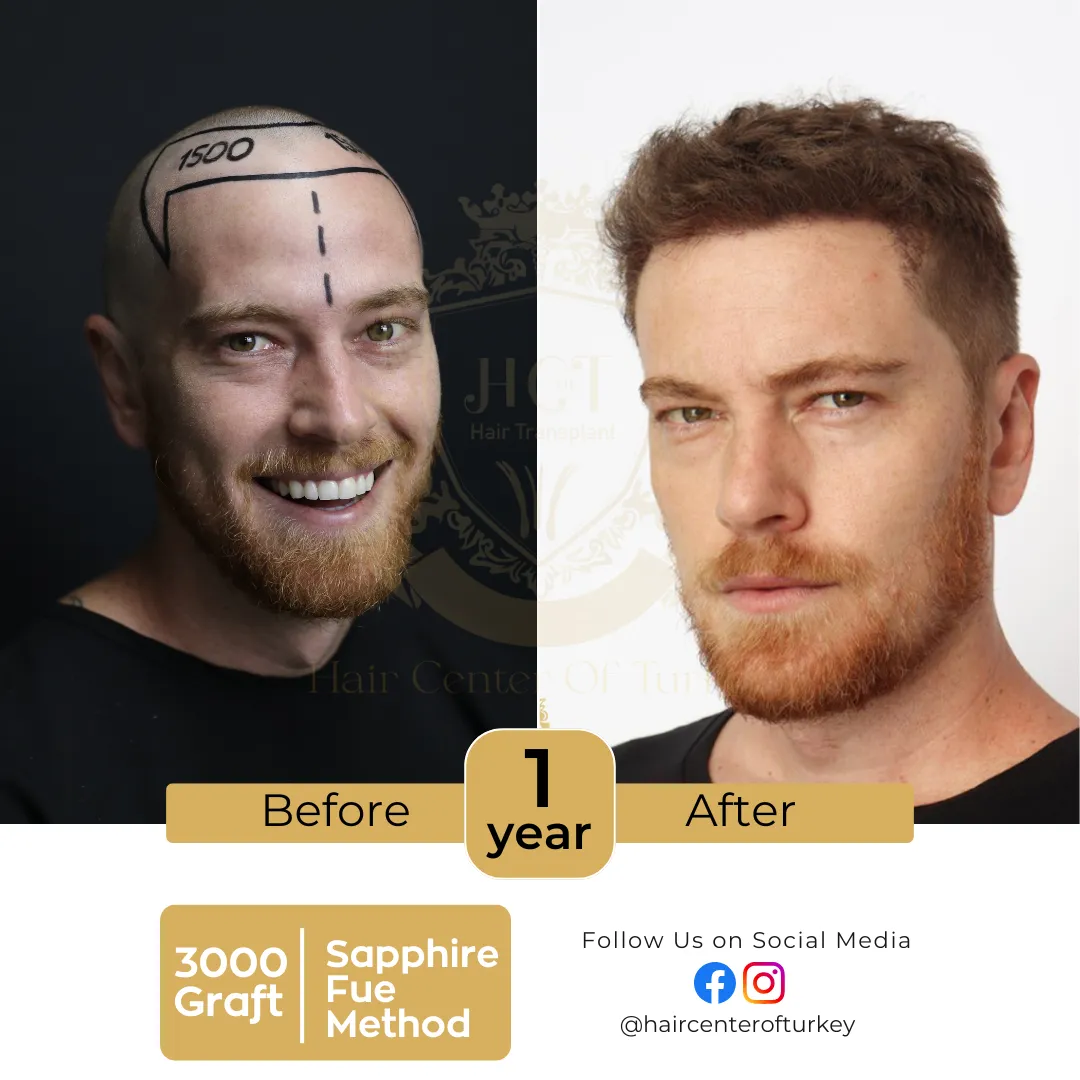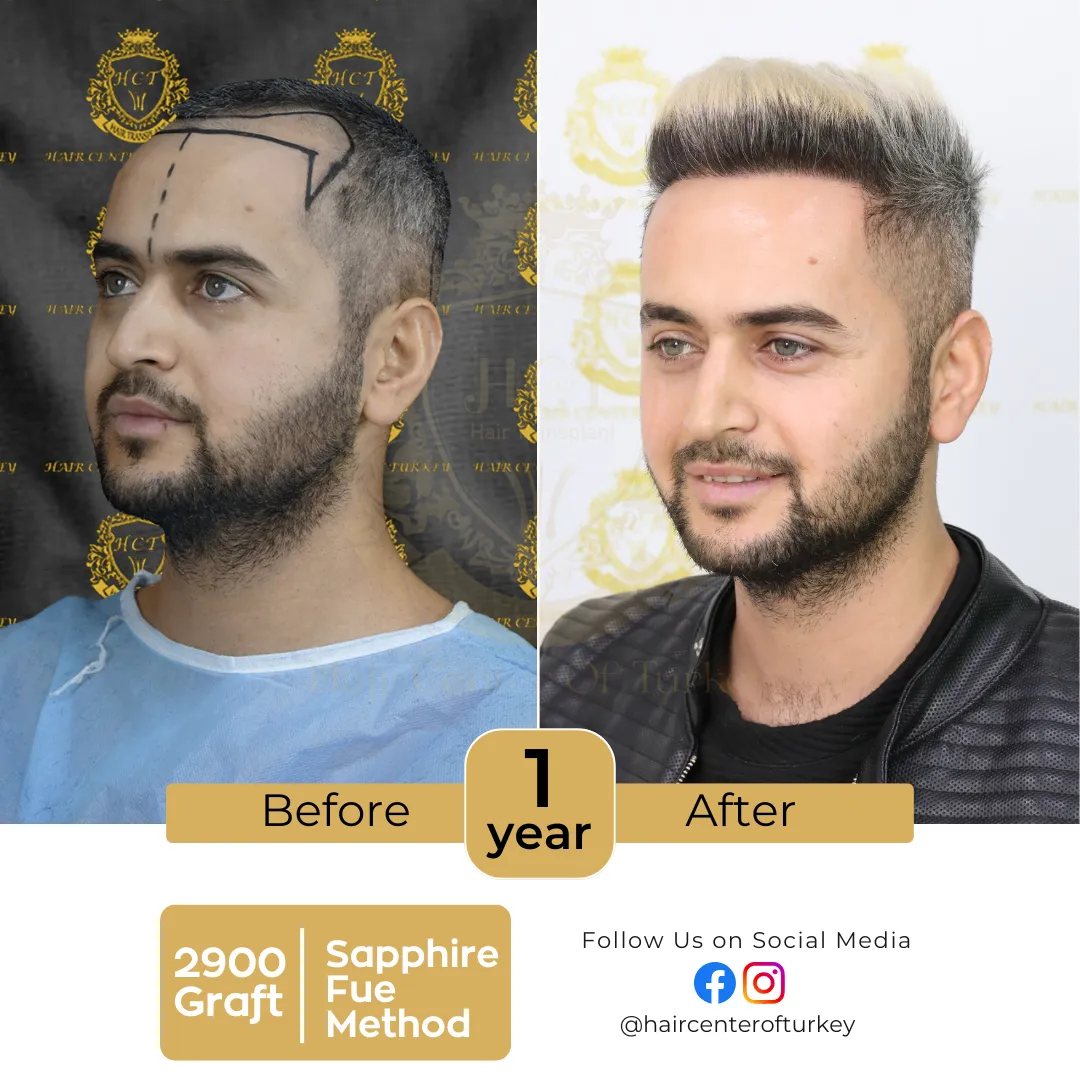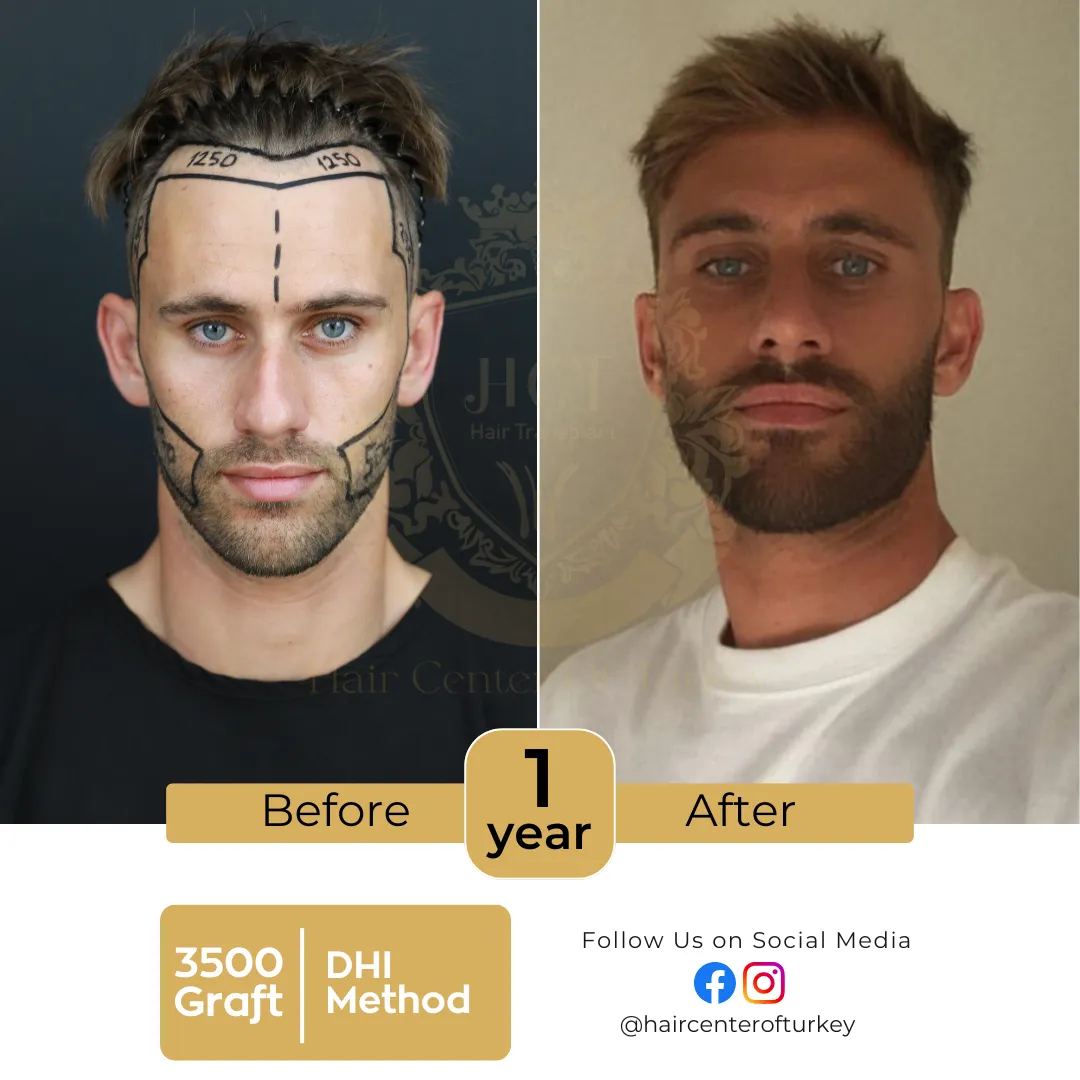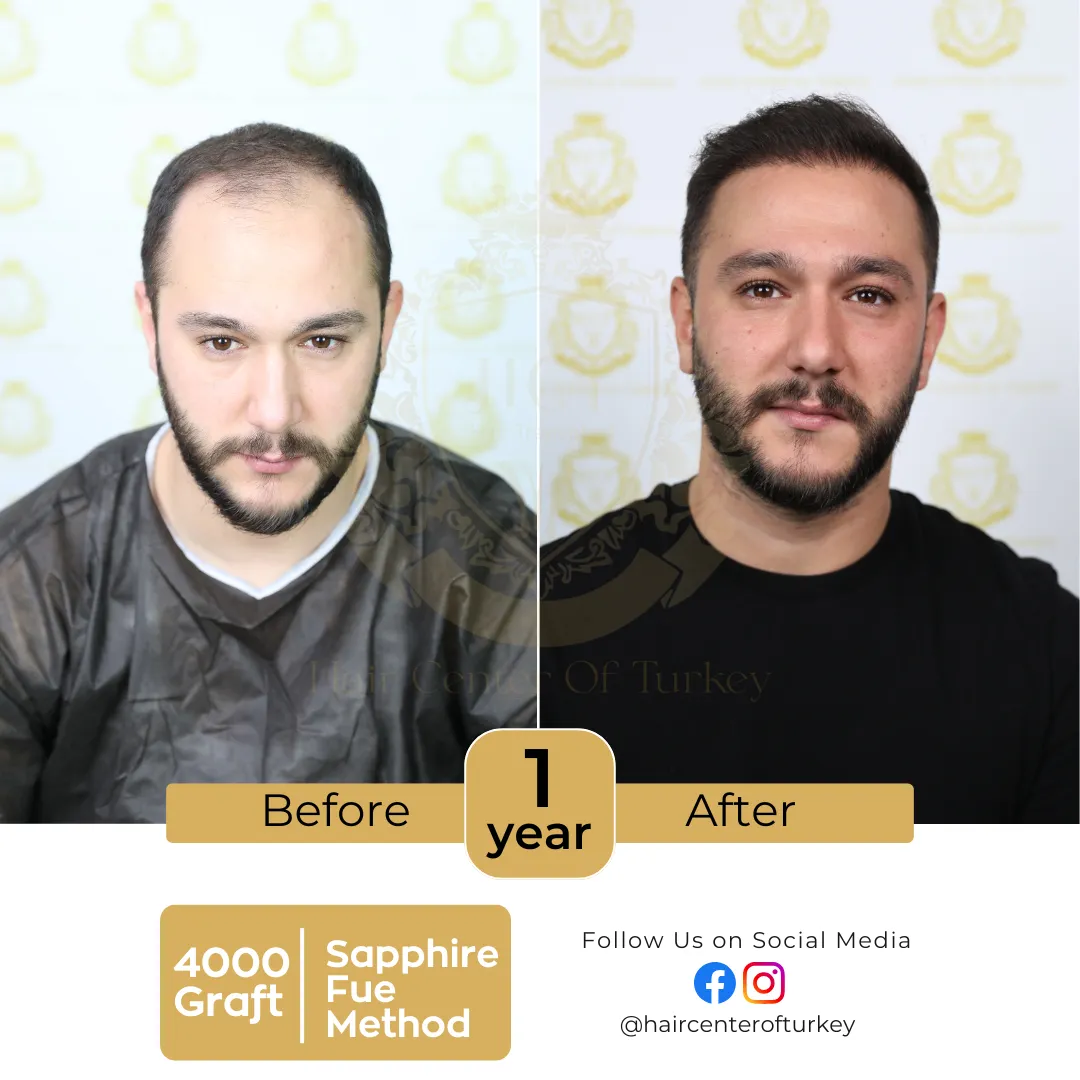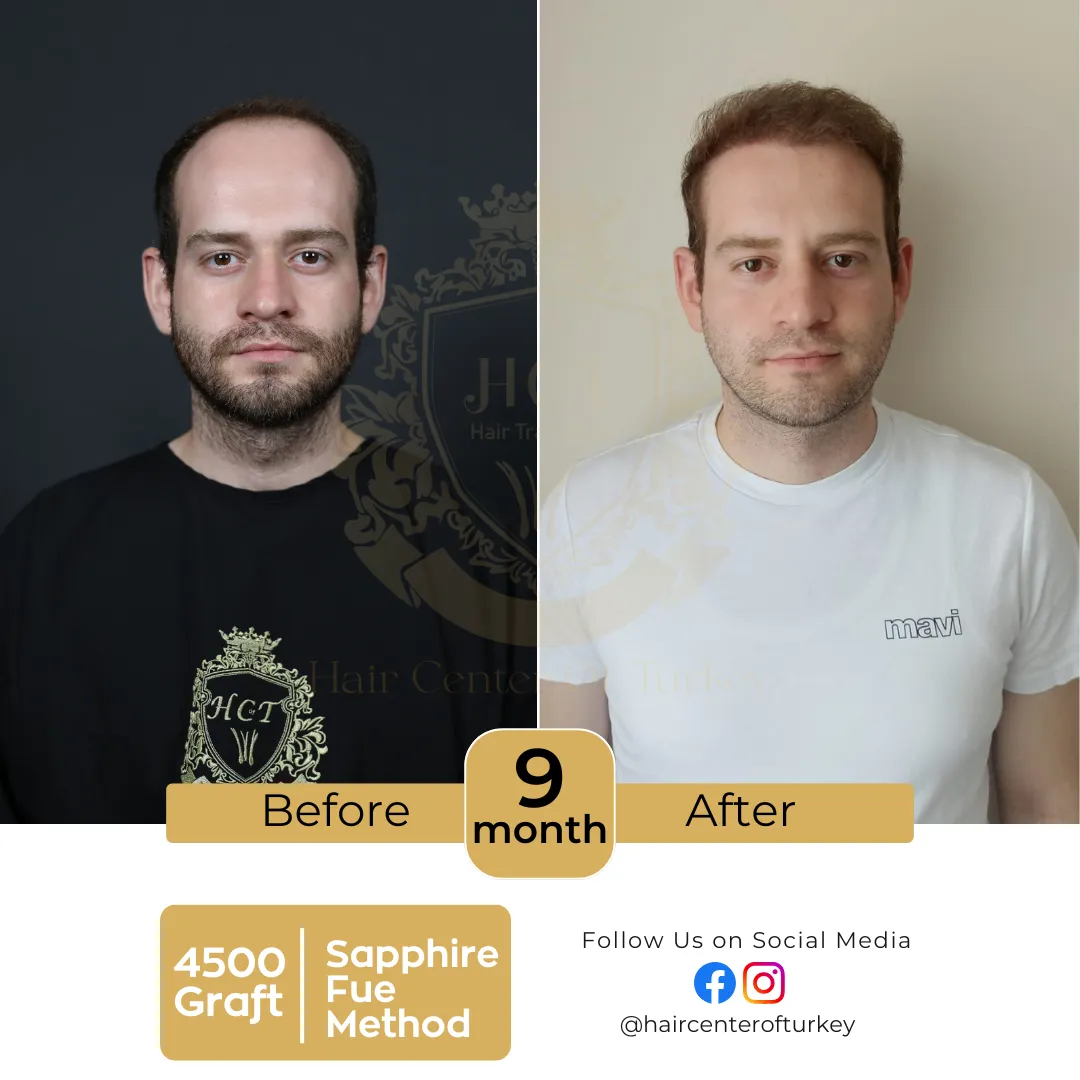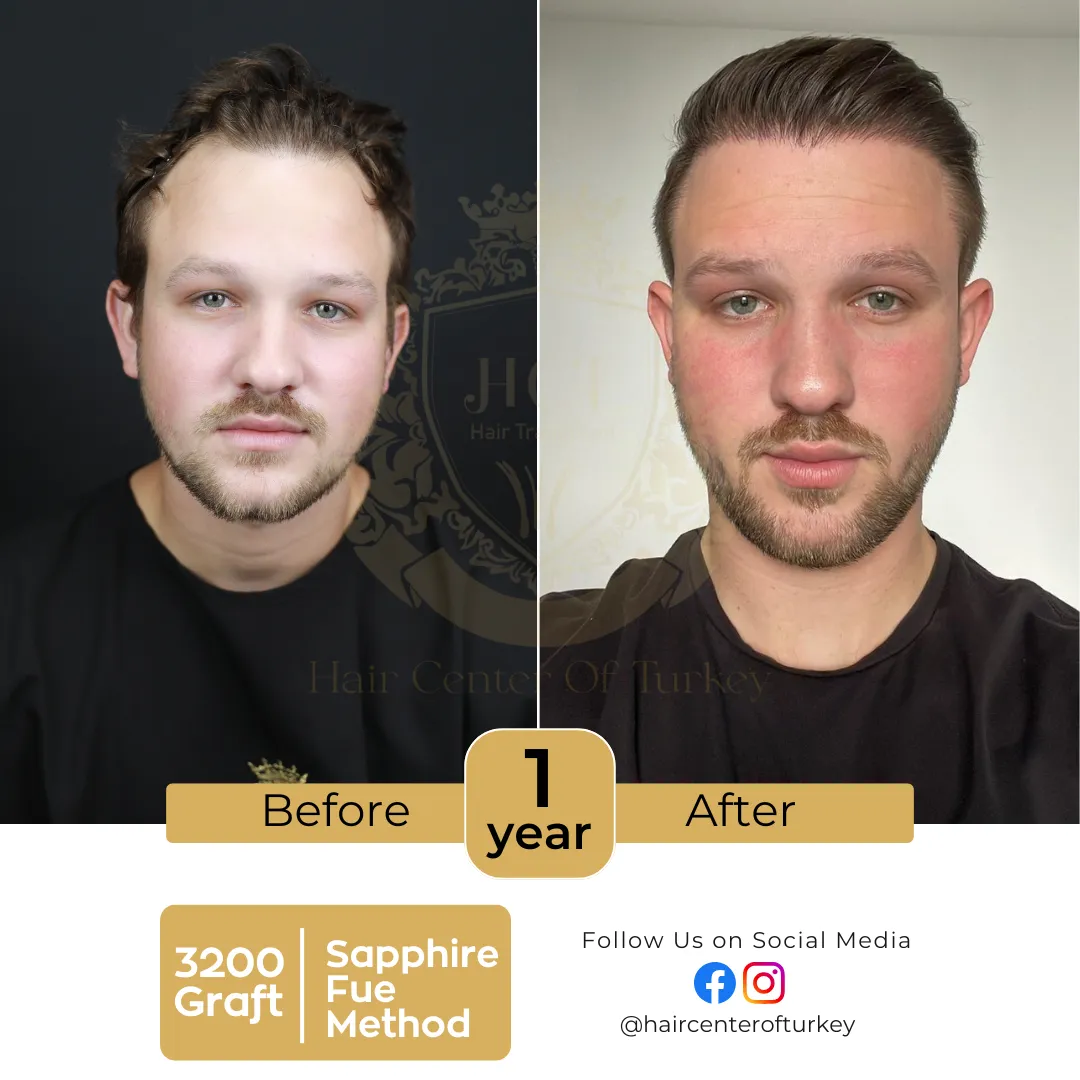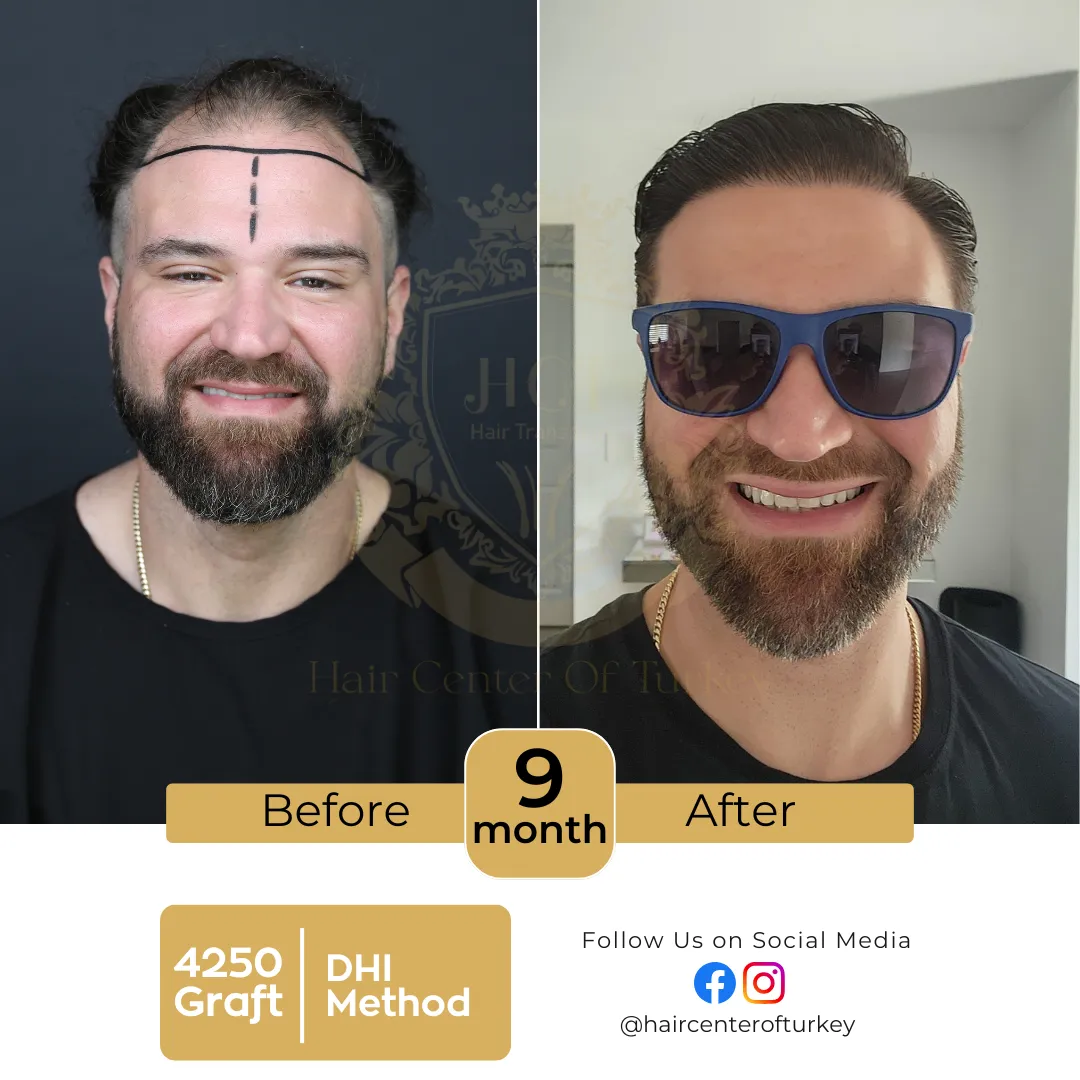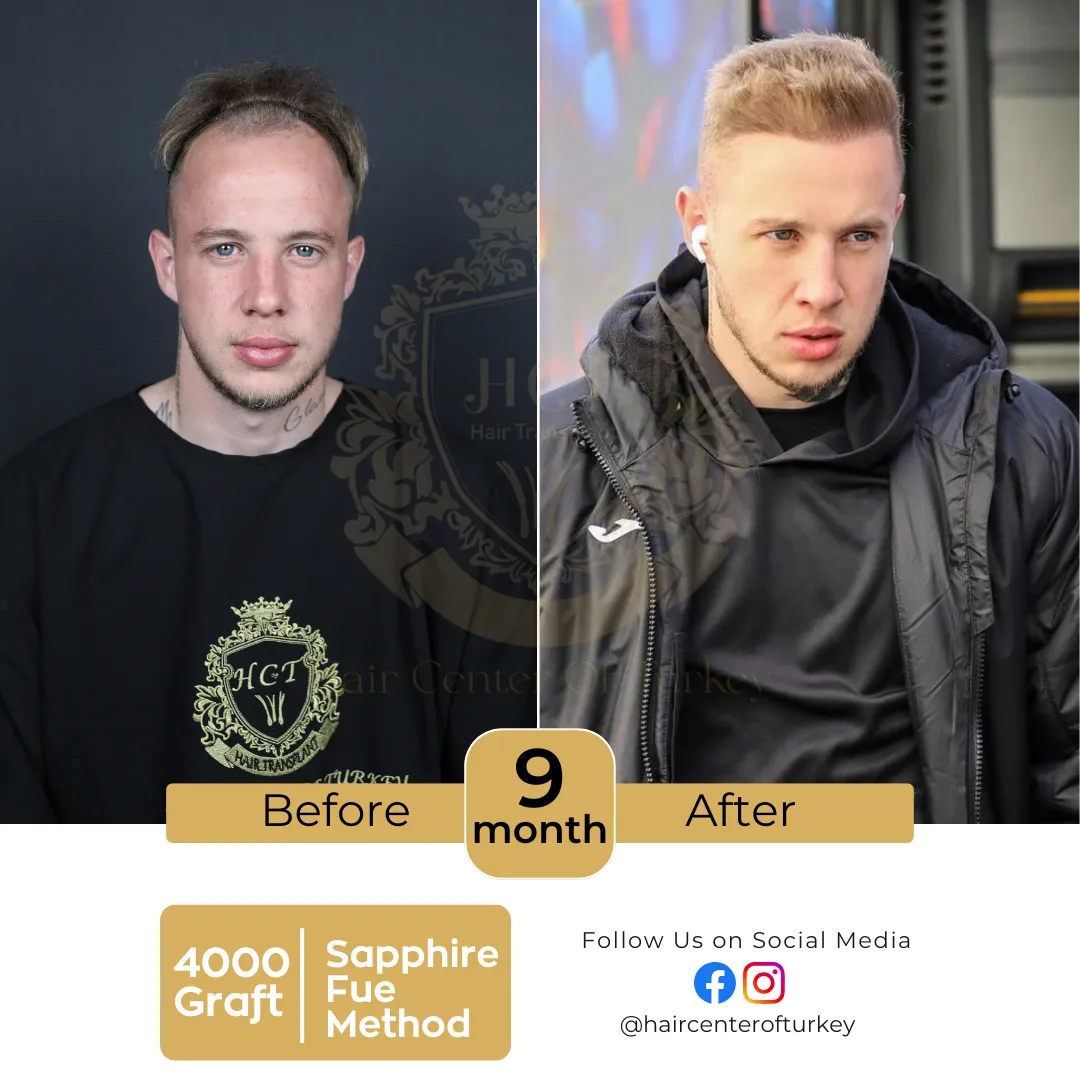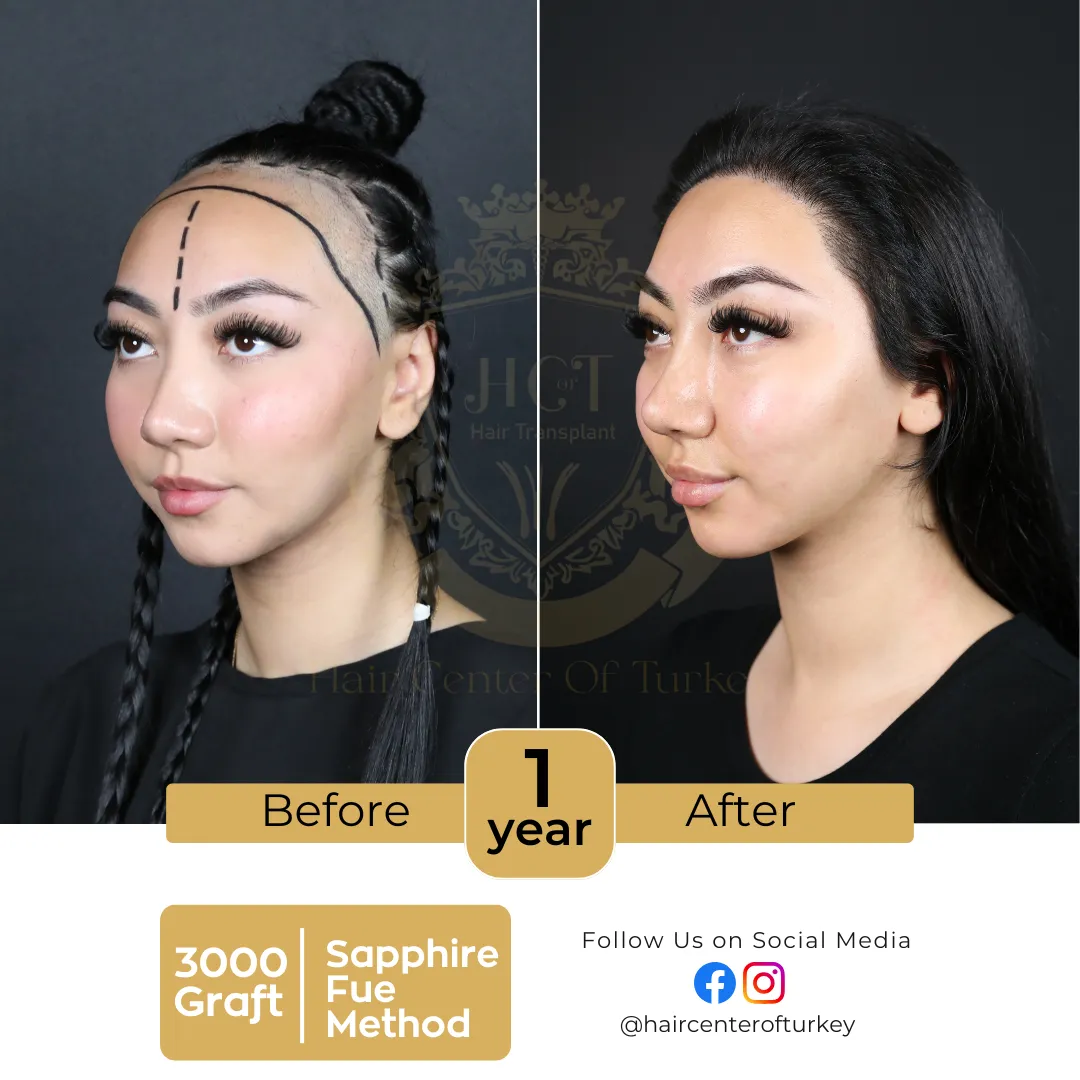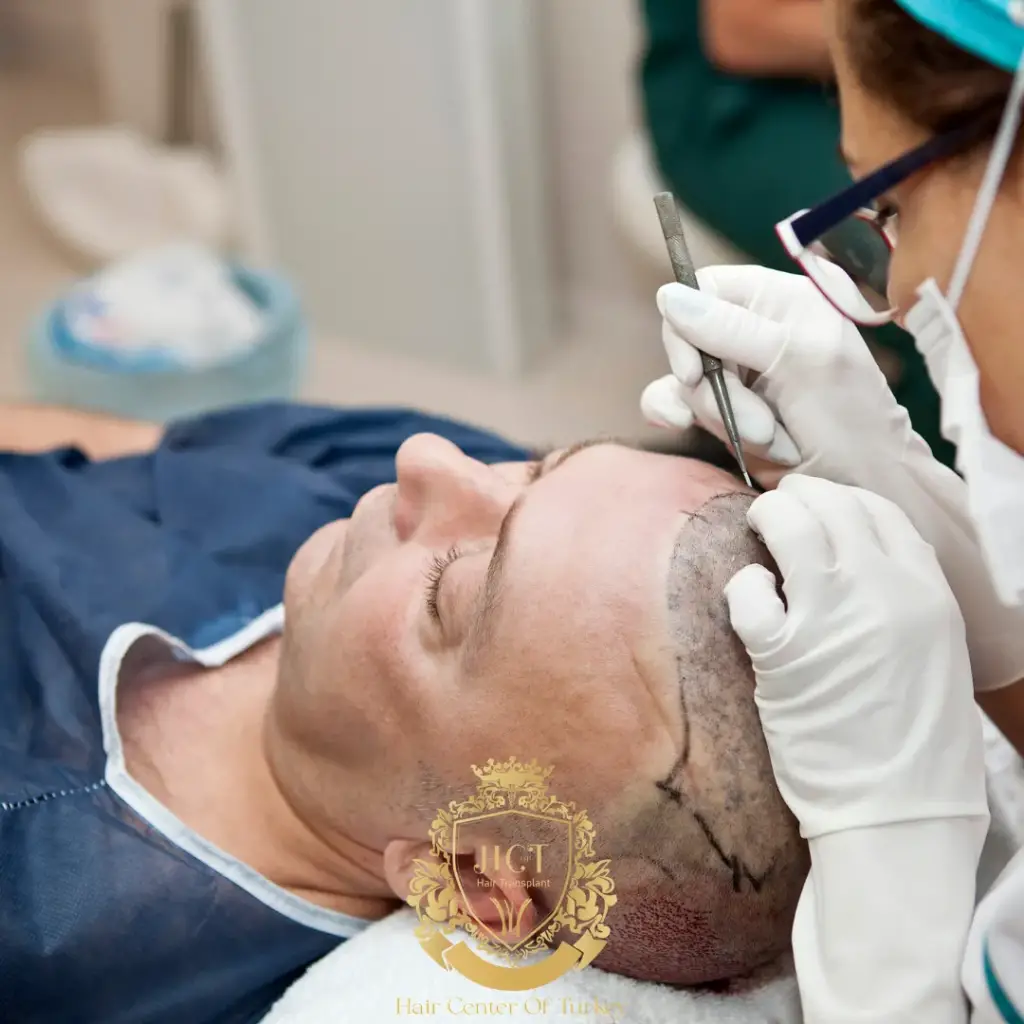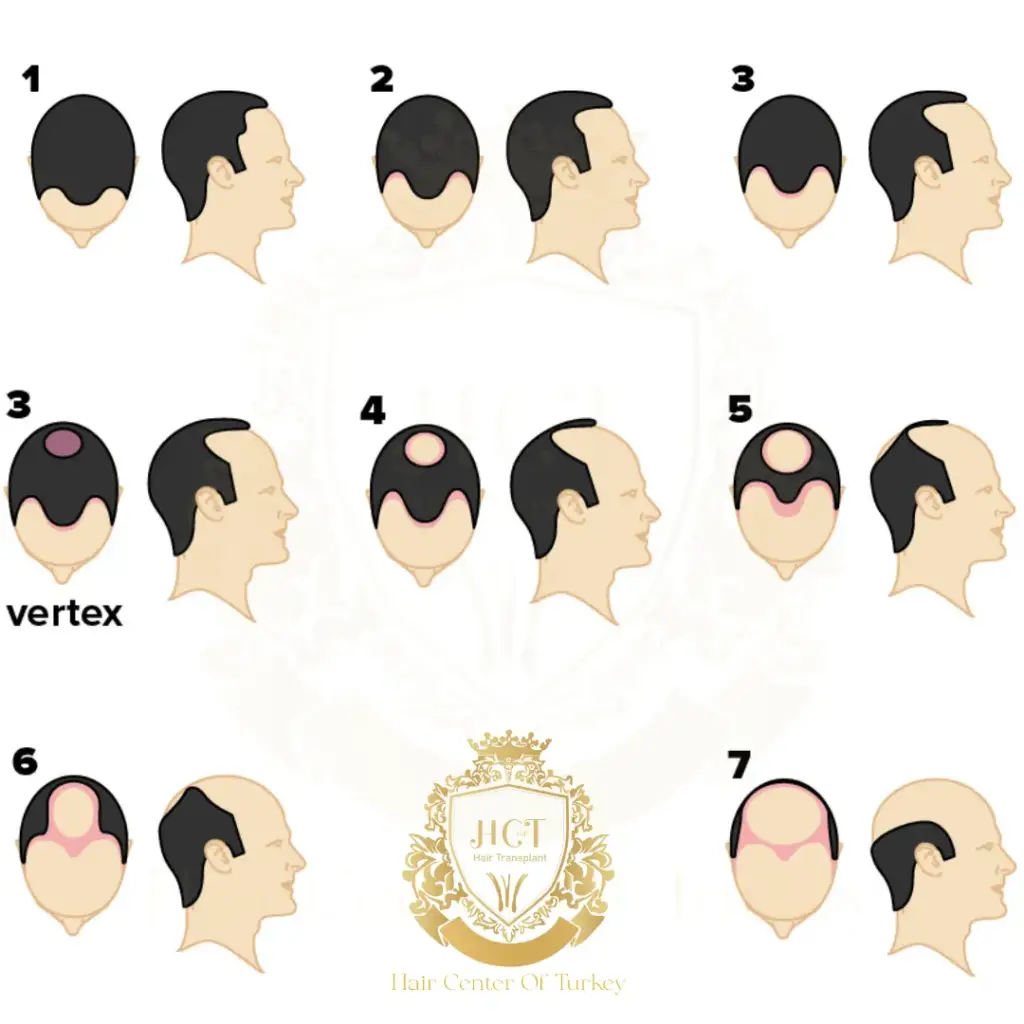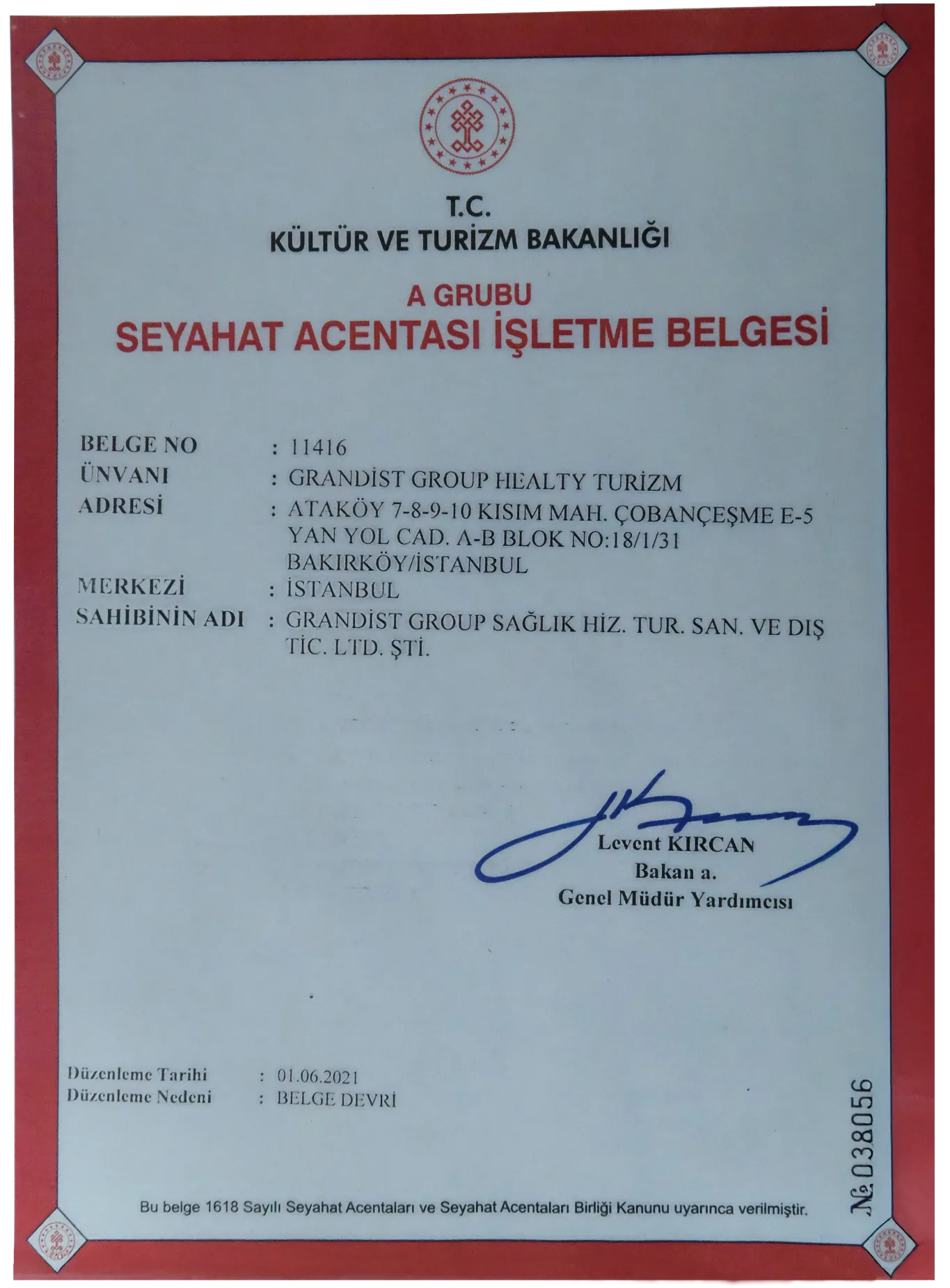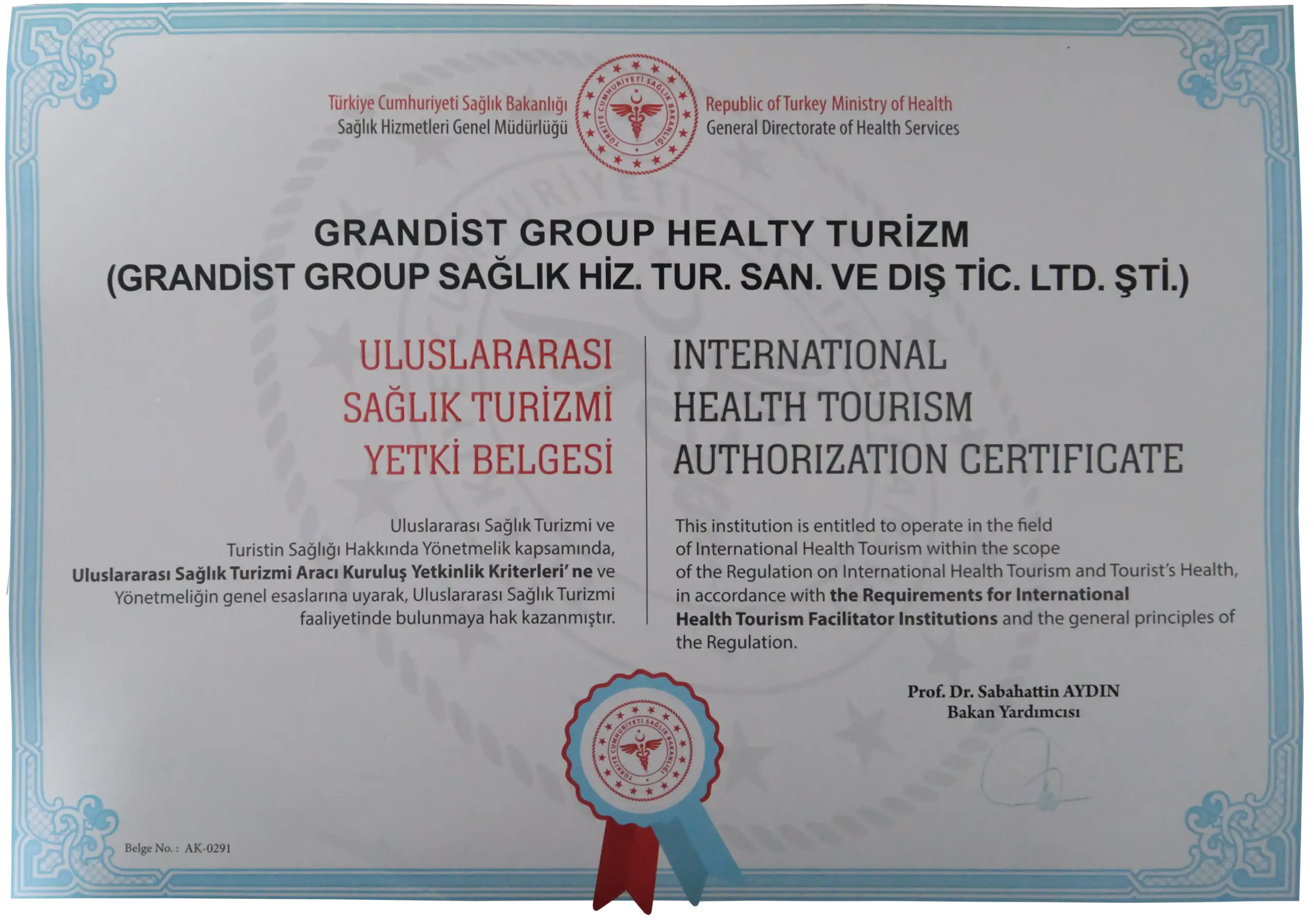Which Home Remedies Work Best for Ingrown Hair?
Ingrown hairs occur when hair curls back or grows sideways into the skin, often leading to inflammation, redness, itching, and sometimes painful bumps. While they’re most common in areas where you shave or wax — such as the beard, legs, underarms, or bikini line — they can happen anywhere on the body. Fortunately, many effective home remedies can help soothe the skin, reduce inflammation, and encourage the hair to emerge naturally. In this guide, we’ll explore the best home remedies for treating ingrown hairs safely and effectively.
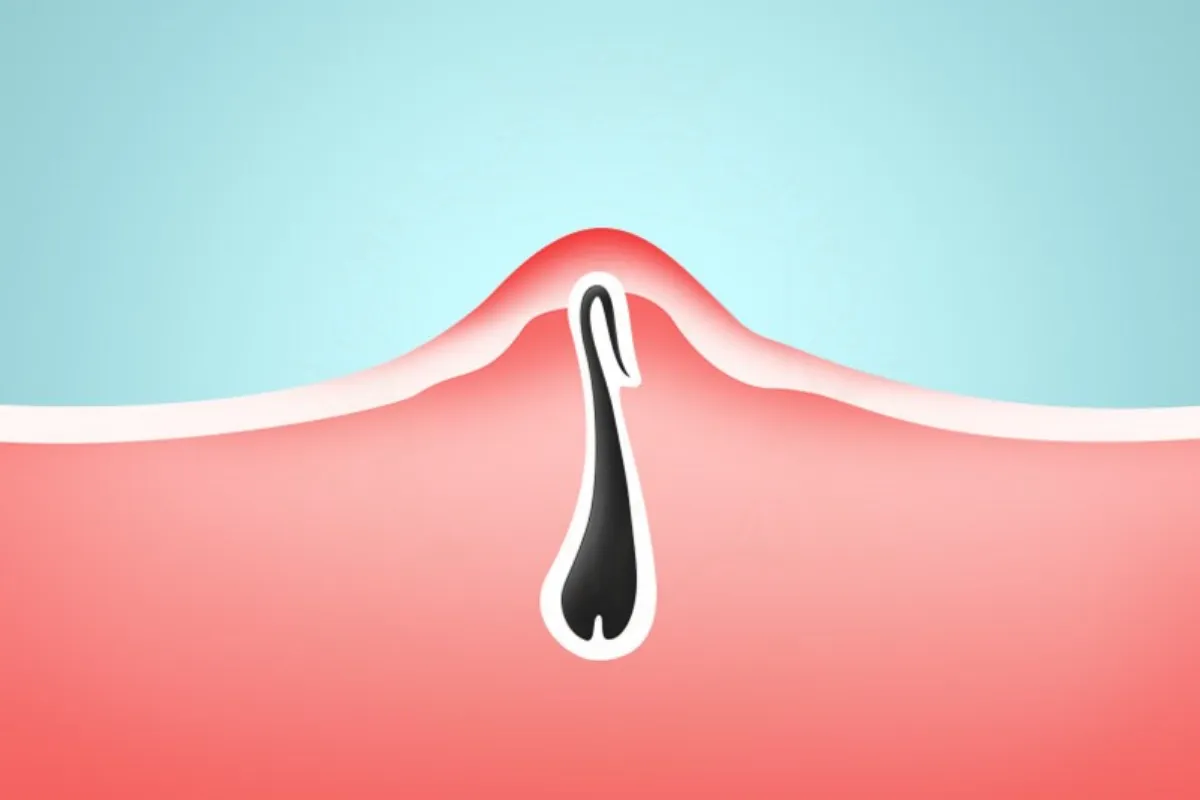
Why Do Ingrown Hairs Happen?
Ingrown hairs typically result from:
- Improper shaving techniques (shaving too closely or against the grain)
- Dead skin cells clogging hair follicles
- Curly or coarse hair types, which are more prone to growing back into the skin
- Wearing tight clothing that irritates or compresses the skin
Preventing and treating ingrown hairs starts with better skin care and gentle methods to draw out the trapped hair.
What Are the Most Effective Home Remedies for Ingrown Hair?
- Warm Compress: Applying a warm, damp cloth to the affected area softens the skin and opens up pores, helping the trapped hair come closer to the surface. Do this for 10–15 minutes, several times a day.
- Exfoliation with Sugar or Salt Scrubs: Natural scrubs made with sugar or salt help remove dead skin cells that may be blocking the follicle. Gently exfoliate in circular motions using a homemade paste with olive oil or honey. Avoid harsh scrubbing, which can irritate the skin.
- Tea Tree Oil: This essential oil has antibacterial and anti-inflammatory properties. Dilute a few drops in a carrier oil like coconut oil, then apply it to the area twice daily. It helps reduce swelling and prevents infection.
- Aloe Vera Gel: Aloe vera is soothing, cooling, and promotes healing. Apply fresh aloe vera gel to the area, let it sit for 20 minutes, then rinse off. Repeat twice daily for best results.
- Baking Soda Paste: Mix baking soda with water to create a gentle exfoliating paste. It reduces redness and helps soothe irritation. Apply it to the area, leave for 5–10 minutes, and rinse with warm water.
- Apple Cider Vinegar: Known for its antibacterial and anti-inflammatory effects, diluted apple cider vinegar can help reduce swelling and calm the skin. Soak a cotton ball and dab it on the area. Let it air dry.
- Honey: Honey acts as a natural moisturizer and antibacterial agent. Apply a thin layer of raw honey to the affected area, leave it for 10–15 minutes, then rinse with warm water.

When Should You Not Use Home Remedies?
If the ingrown hair becomes severely inflamed, infected, or turns into a large painful bump, home remedies may not be enough. In such cases, seek medical advice. Avoid trying to dig out the hair with tweezers or needles, as this can cause scarring or introduce bacteria.
How to Prevent Ingrown Hairs at Home?
- Shave properly: Use a sharp razor, shave in the direction of hair growth, and use a moisturizing shaving gel.
- Moisturize daily: Hydrated skin is less prone to irritation and buildup.
- Exfoliate regularly: Prevents clogged follicles and helps hair grow outward.
- Avoid tight clothing: Especially in areas prone to ingrown hairs.
- Consider trimming: Instead of shaving close to the skin, trim hair to reduce the chance of it curling back into the skin.


